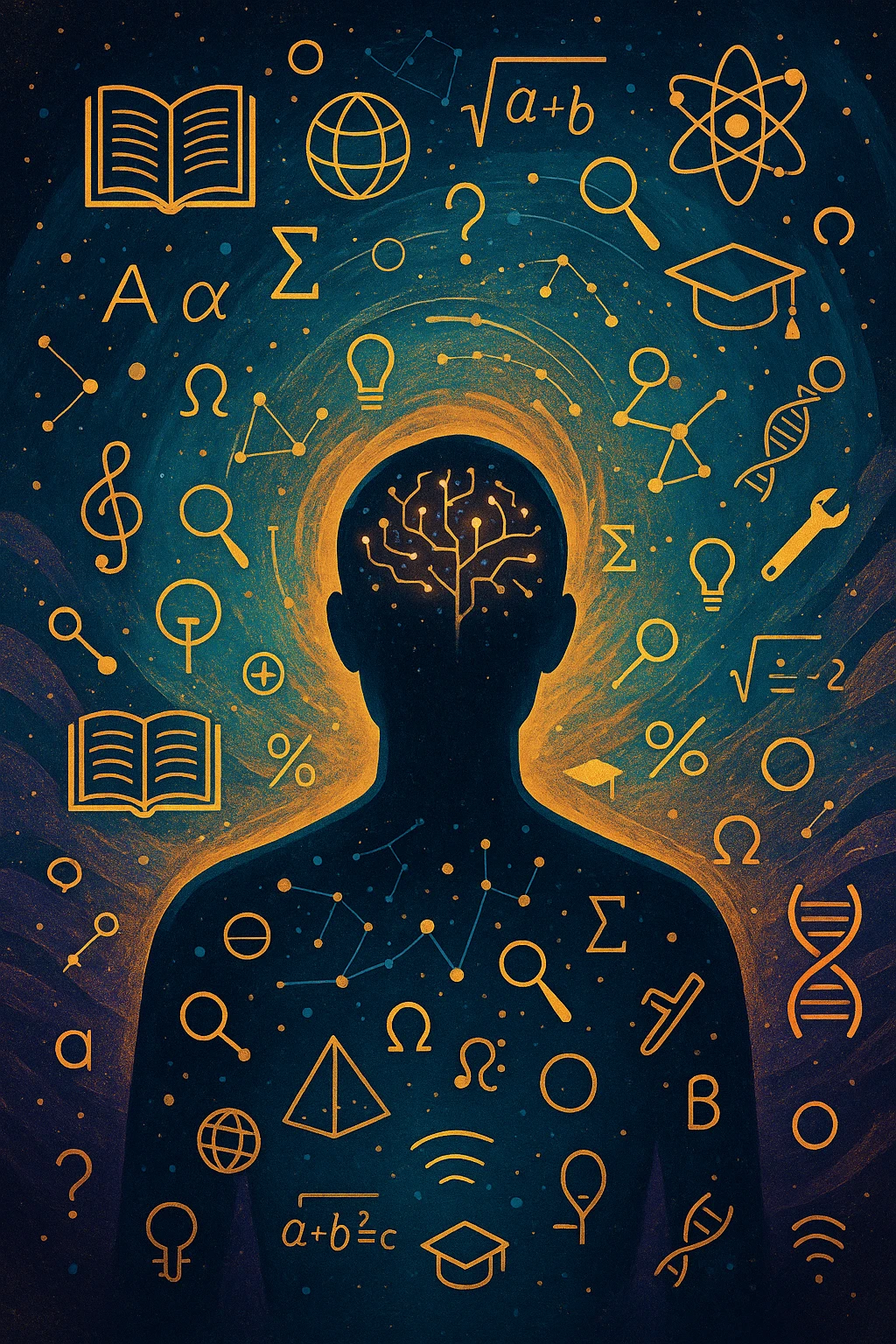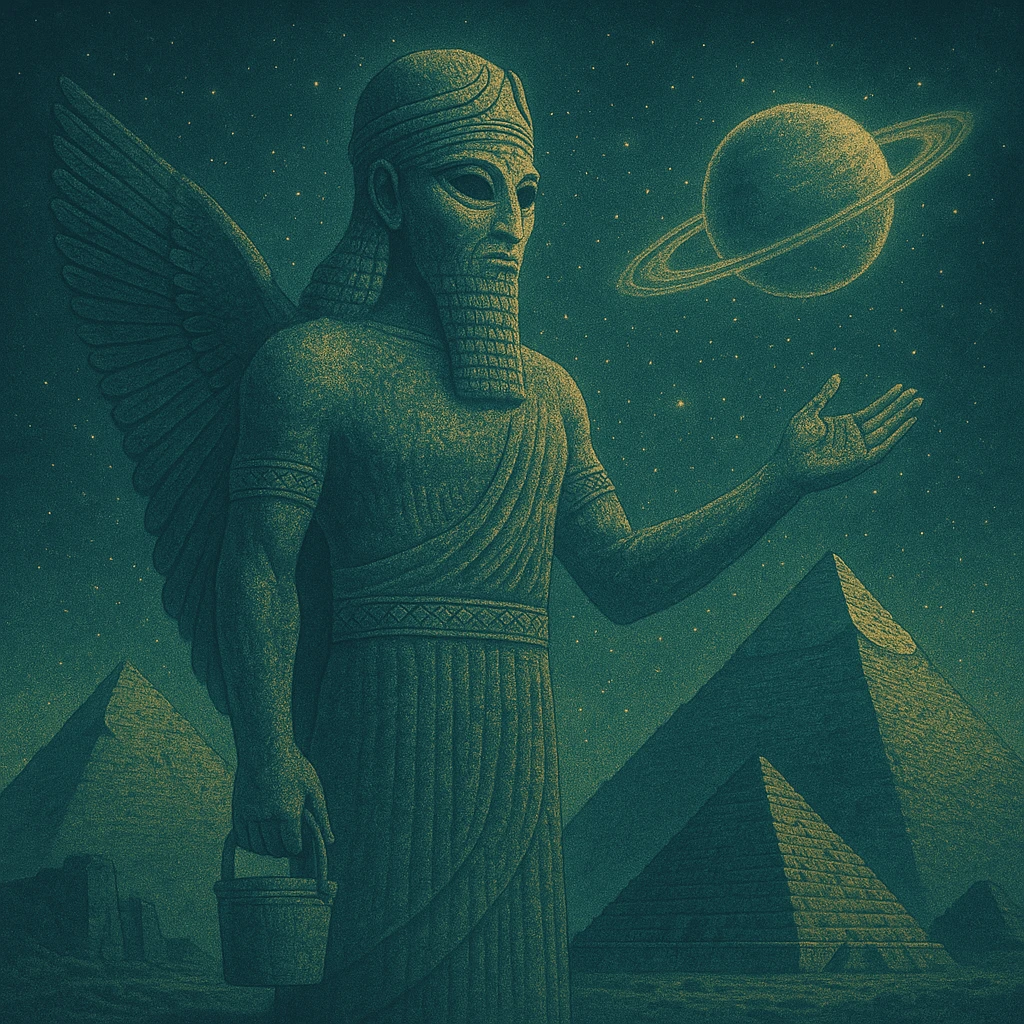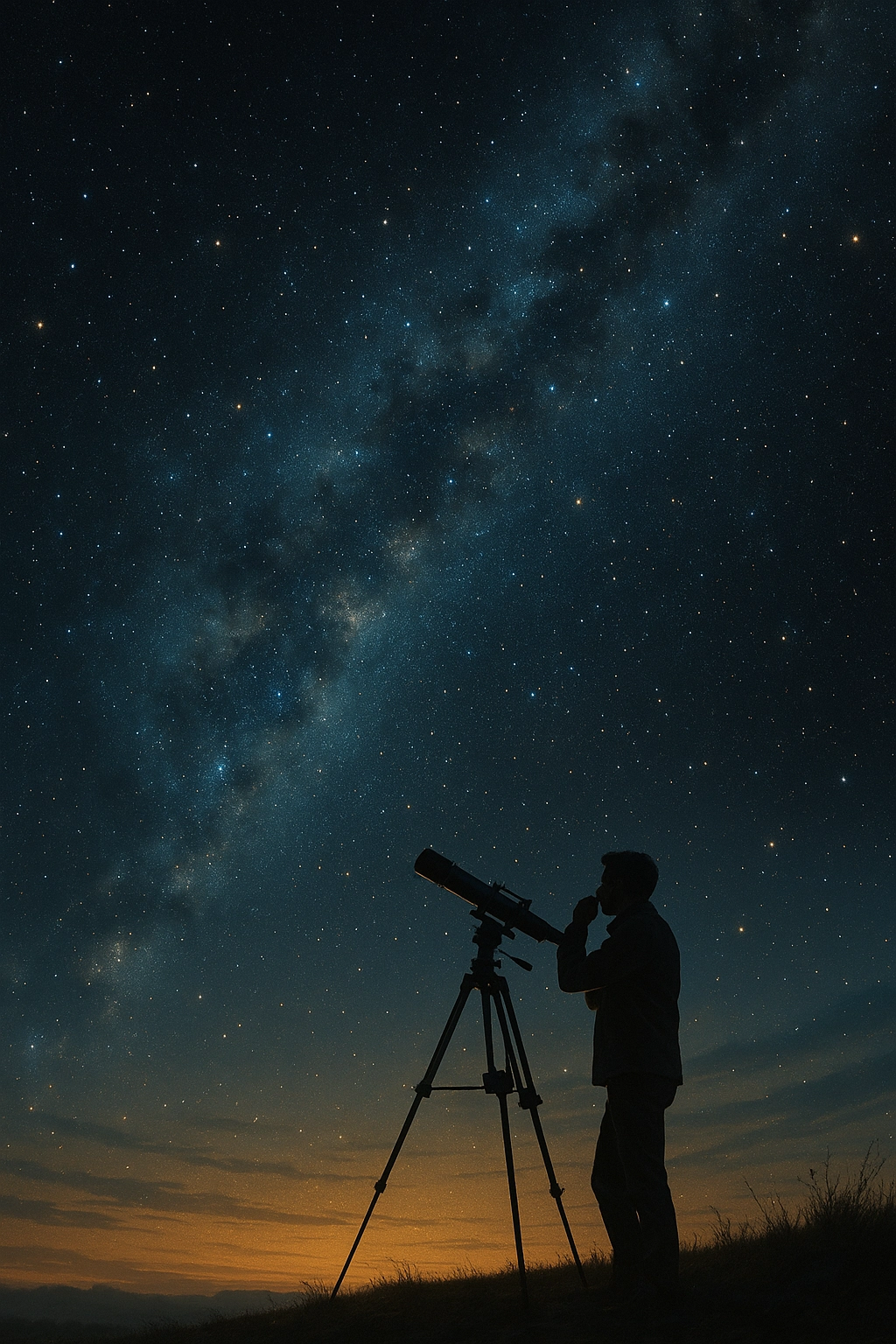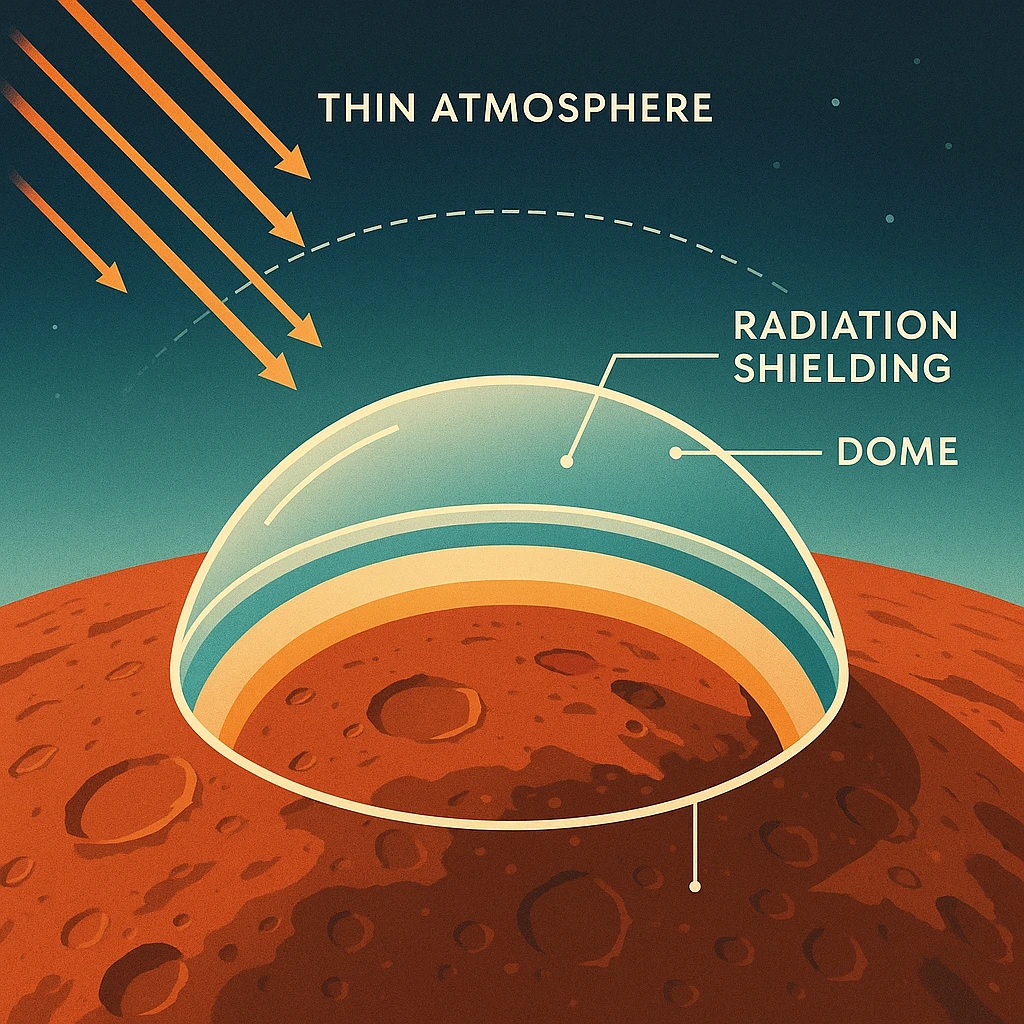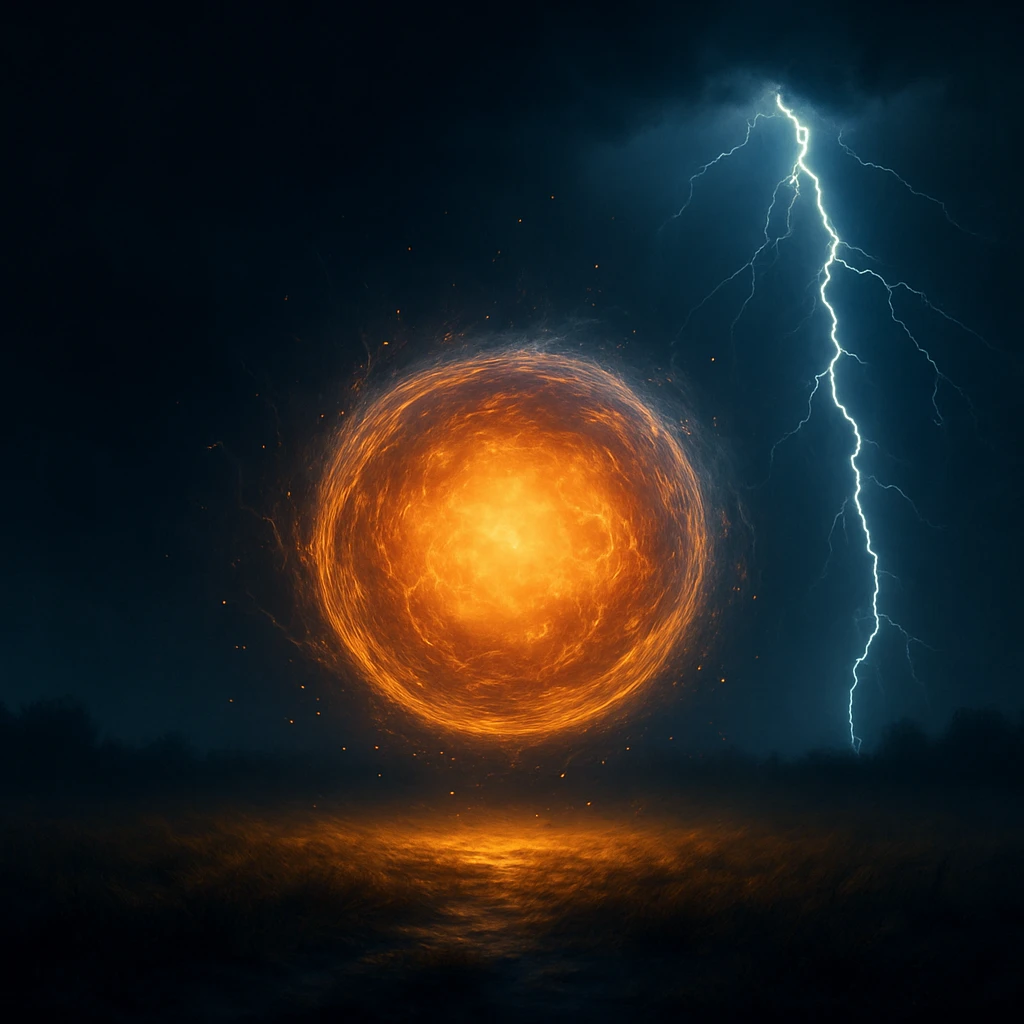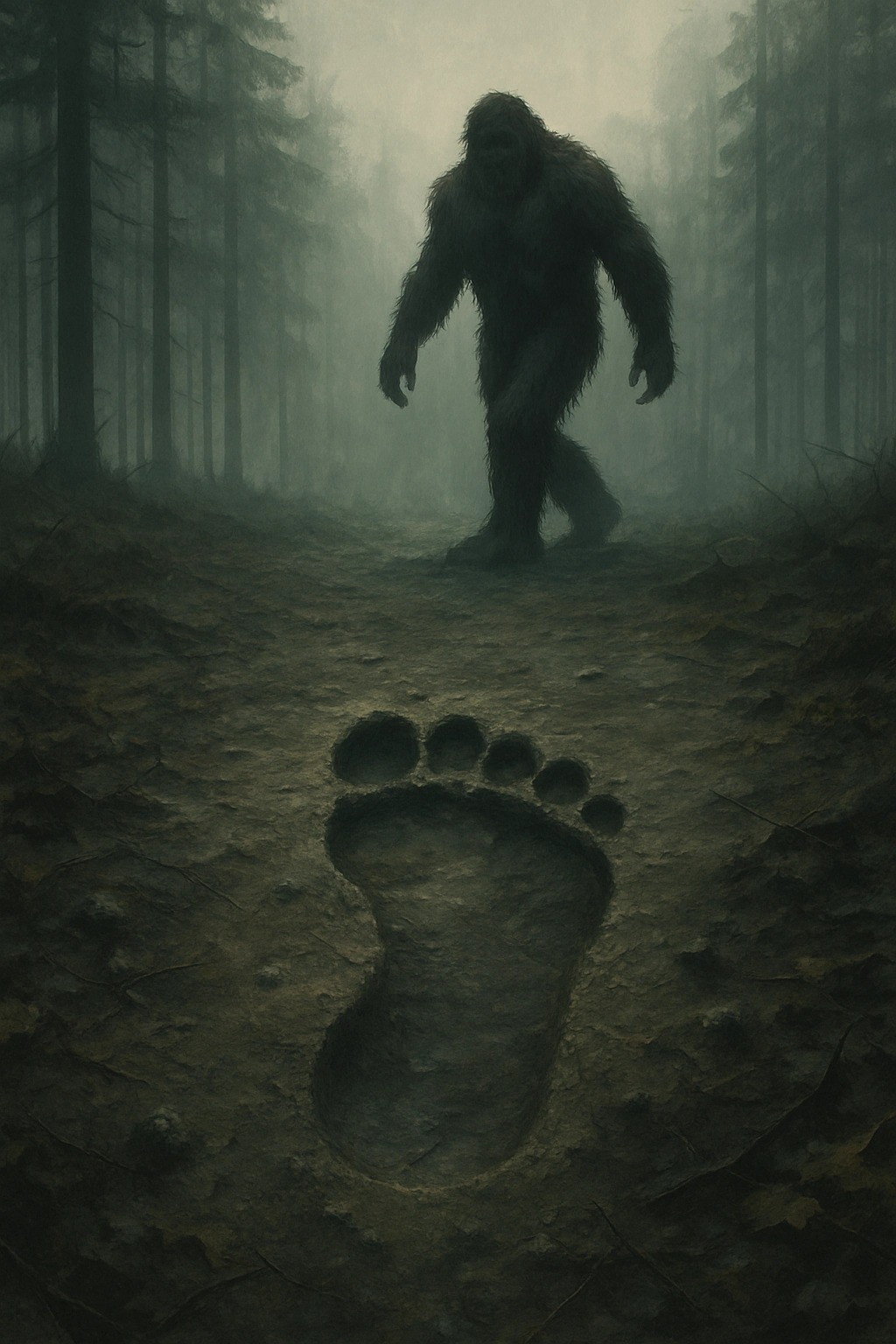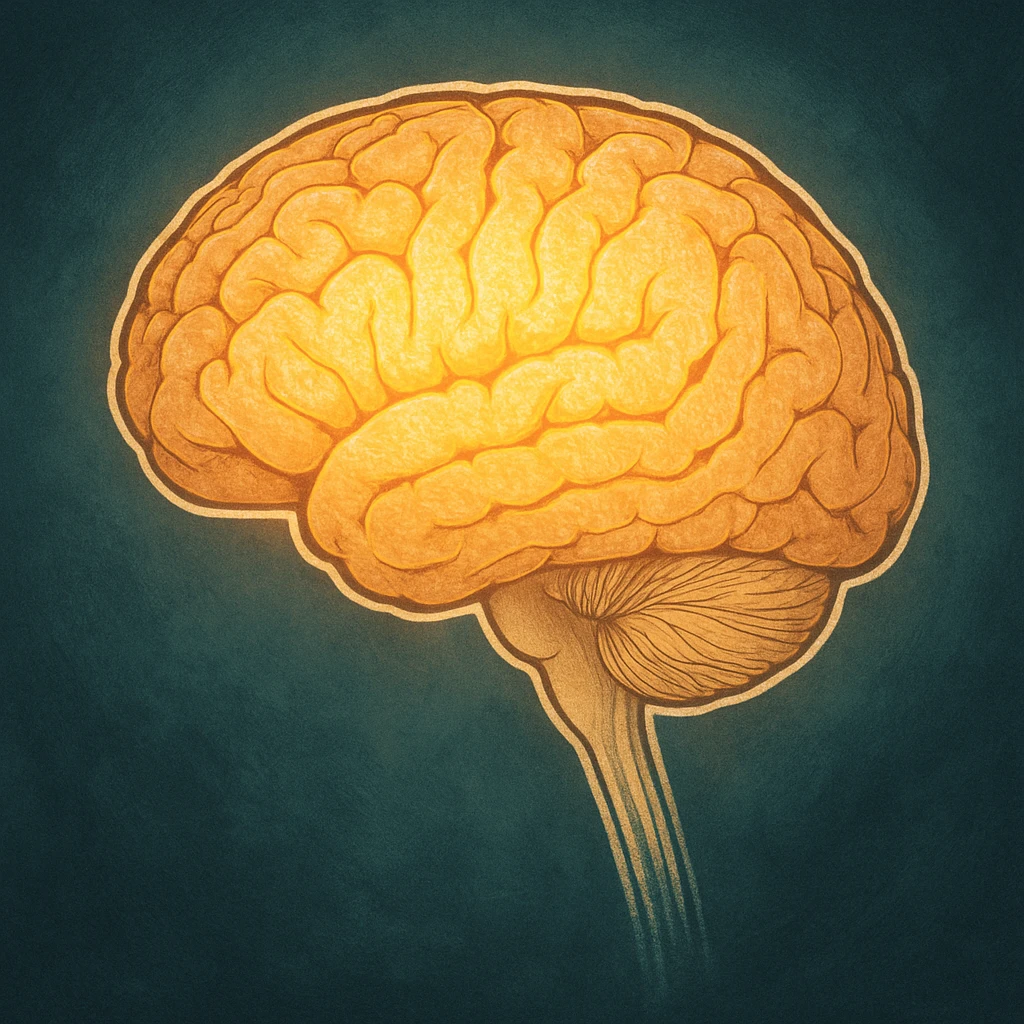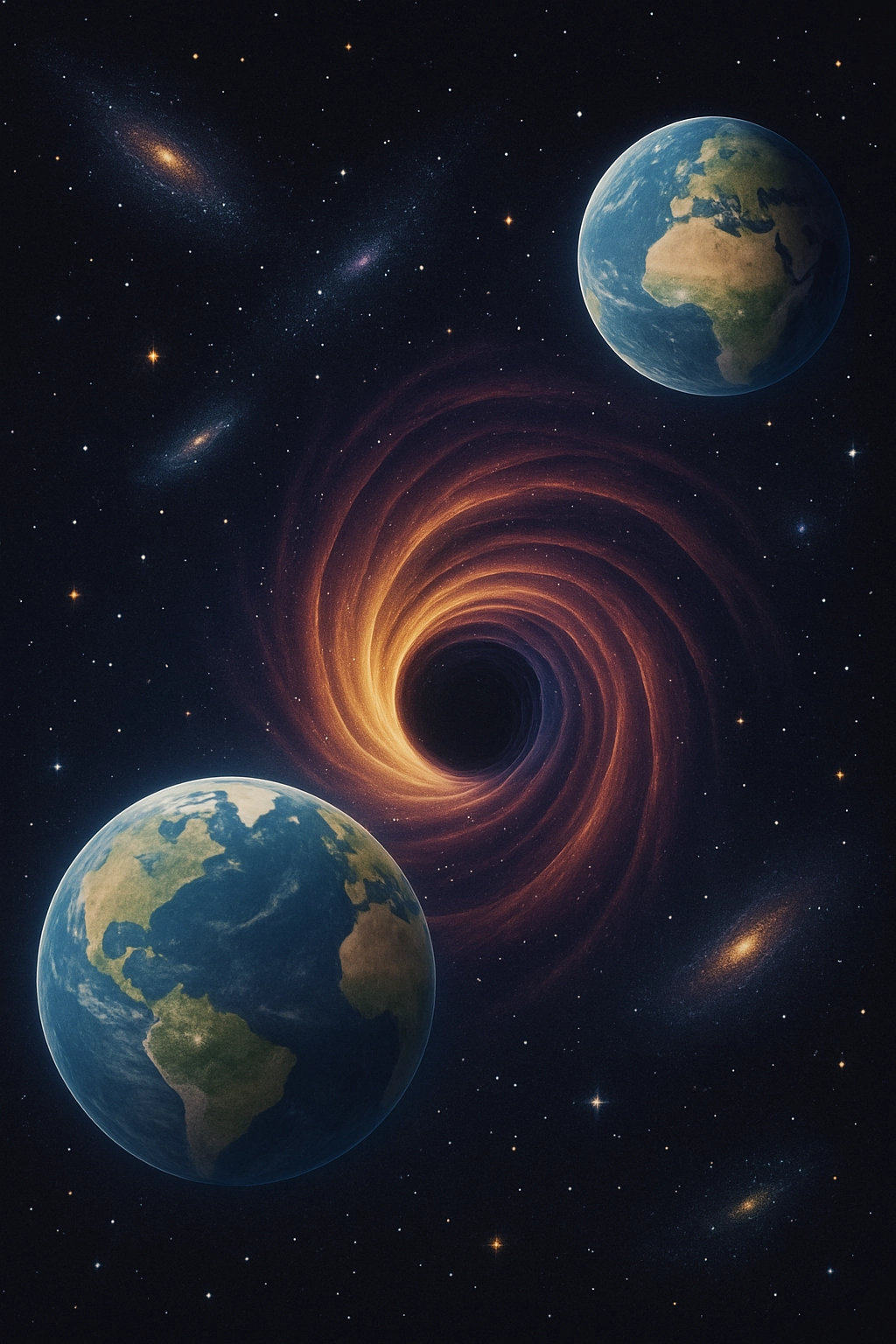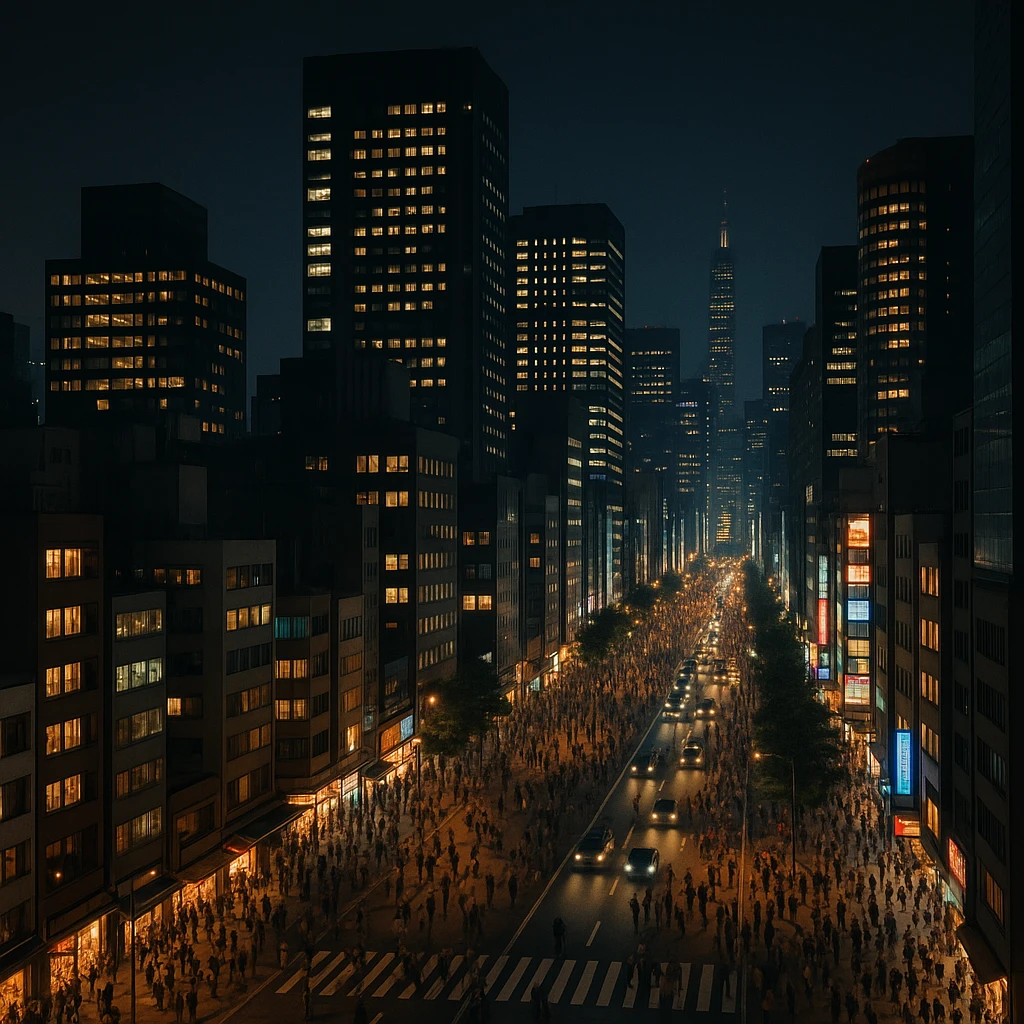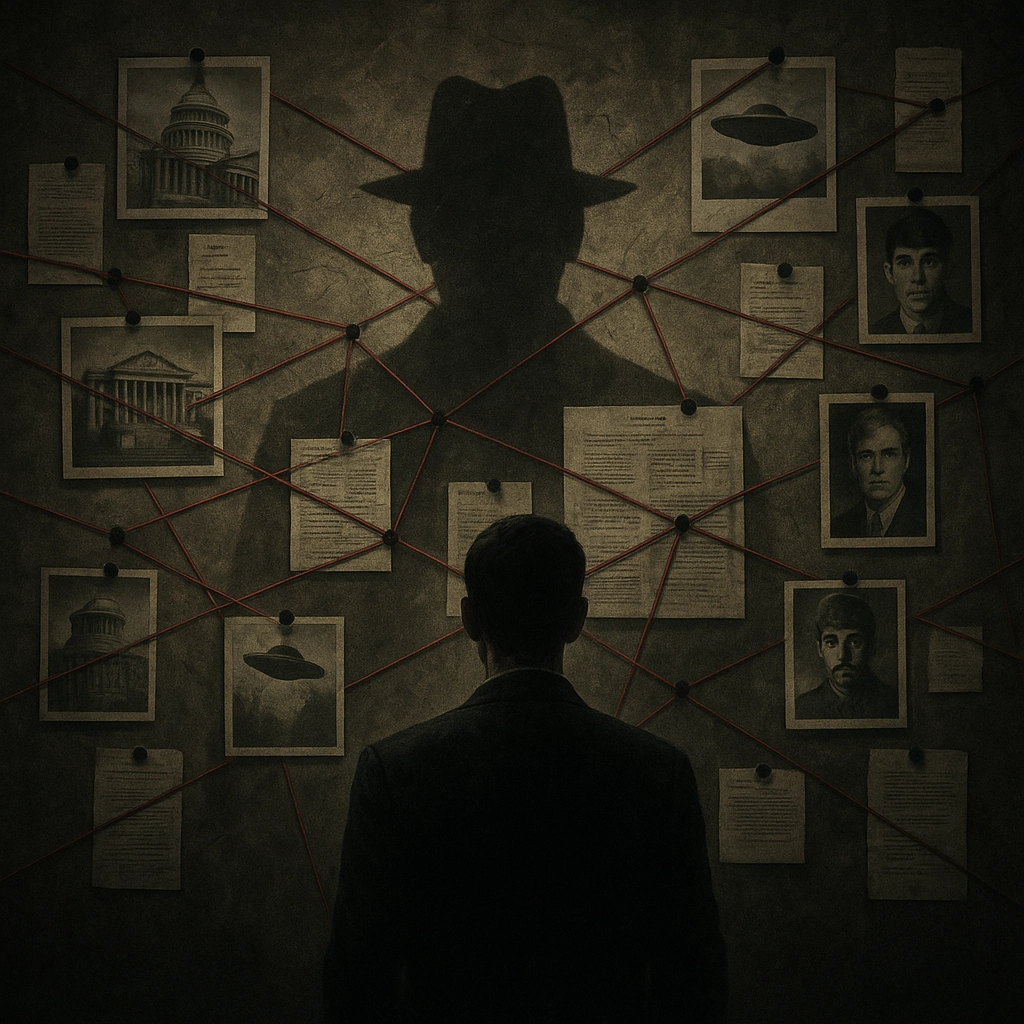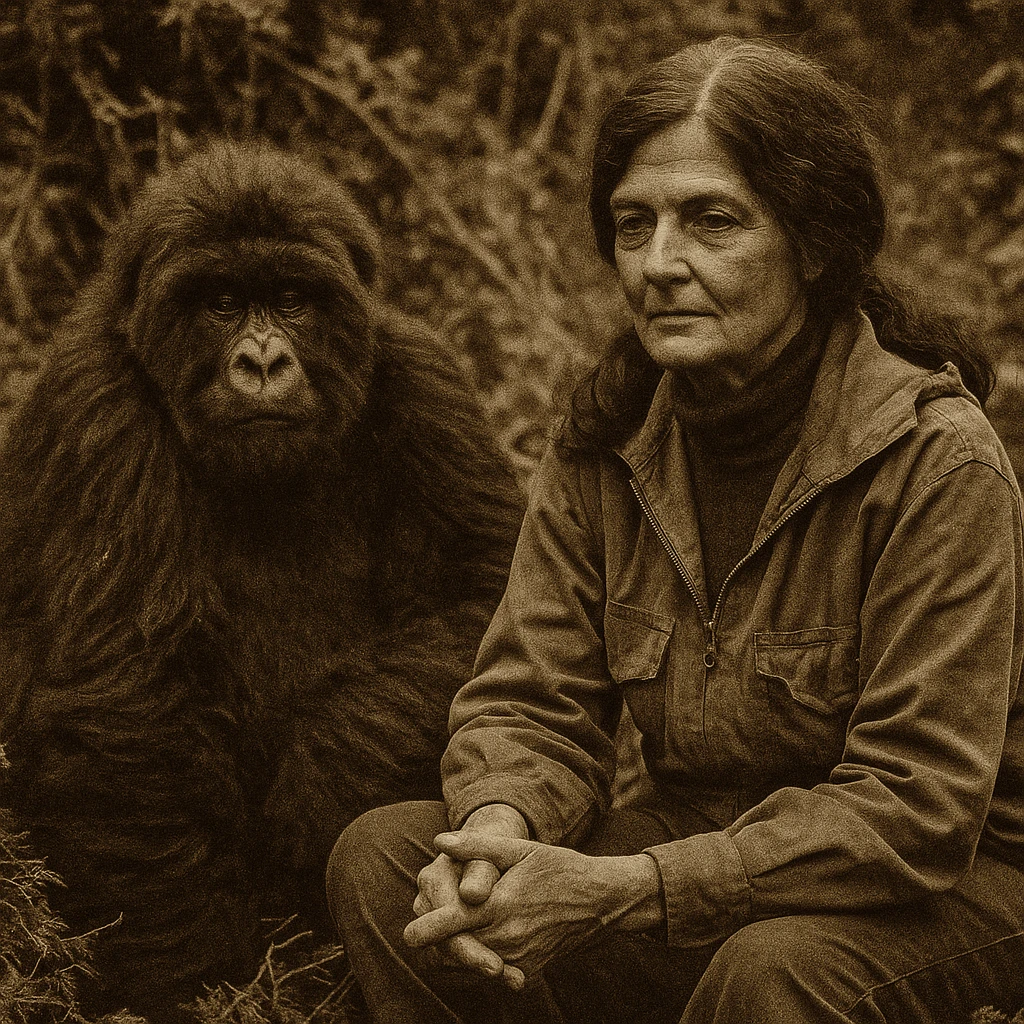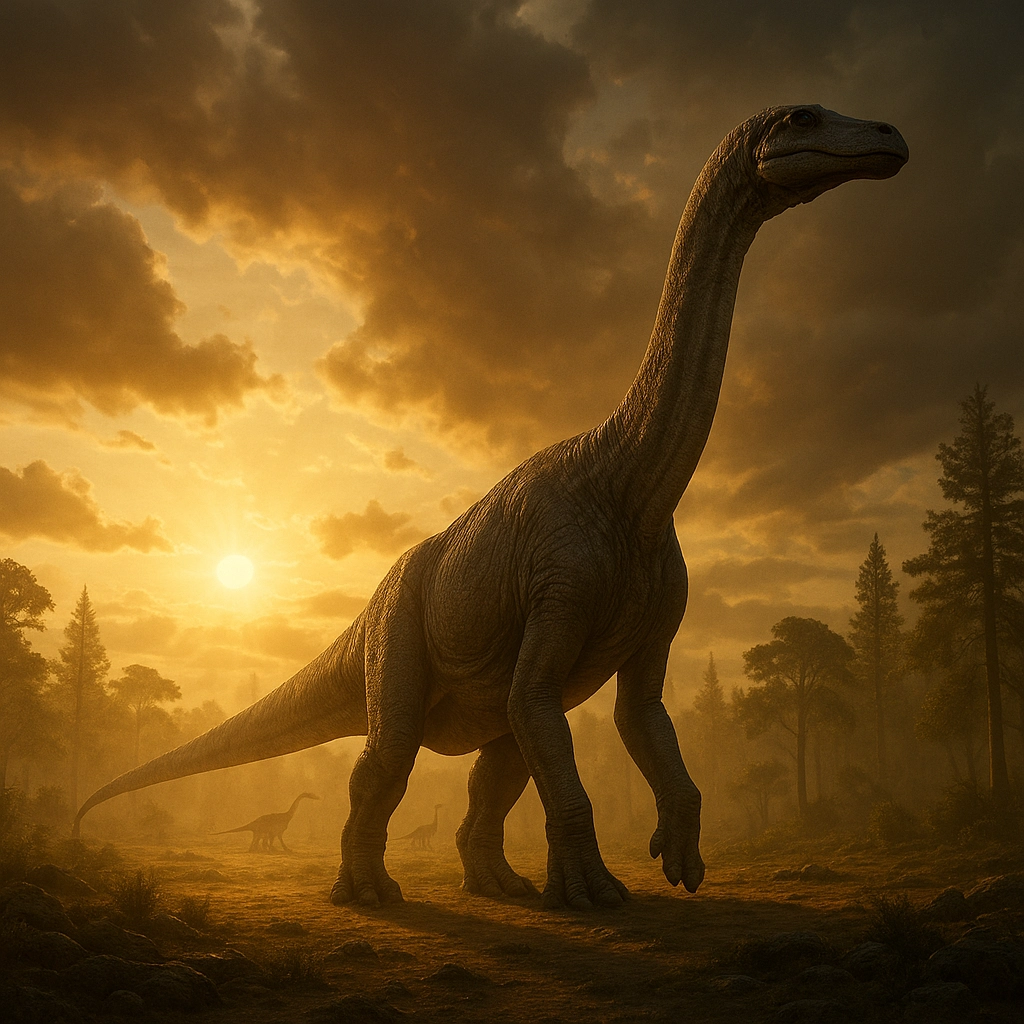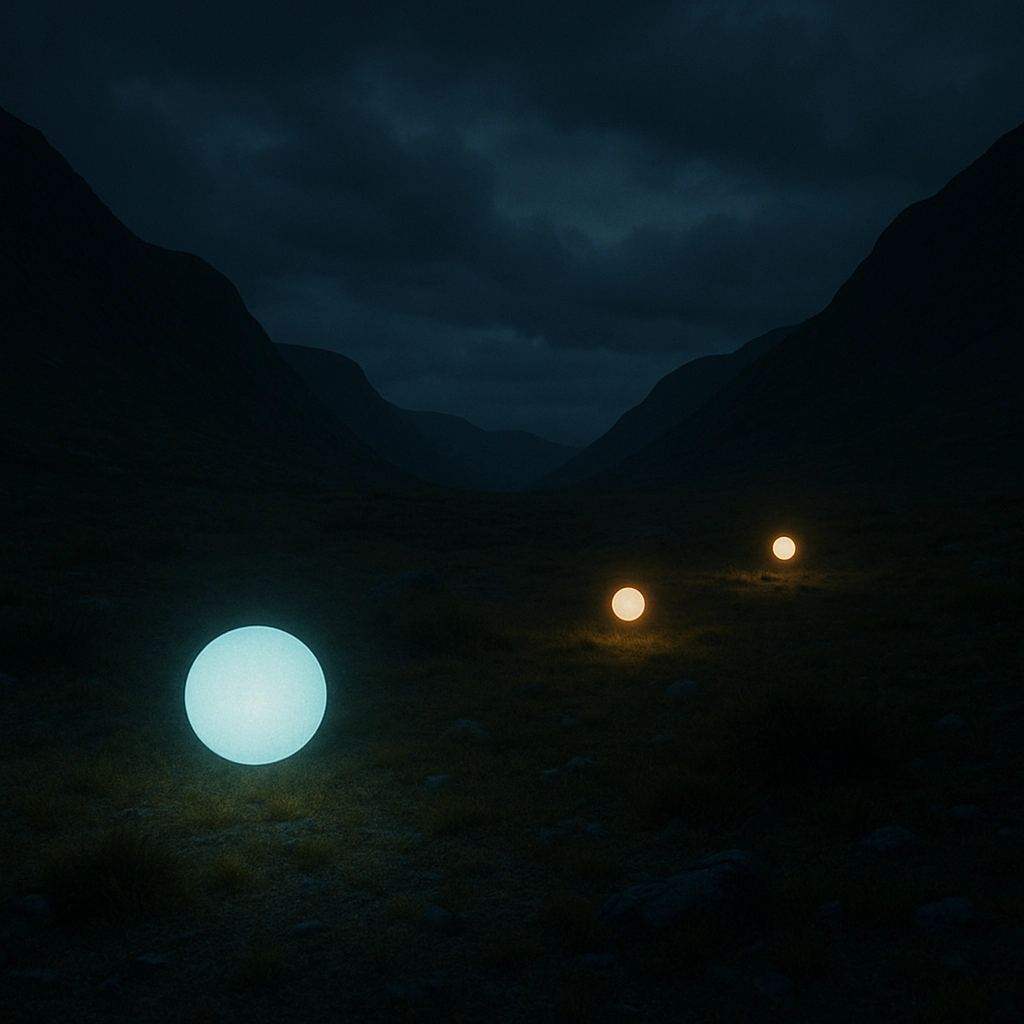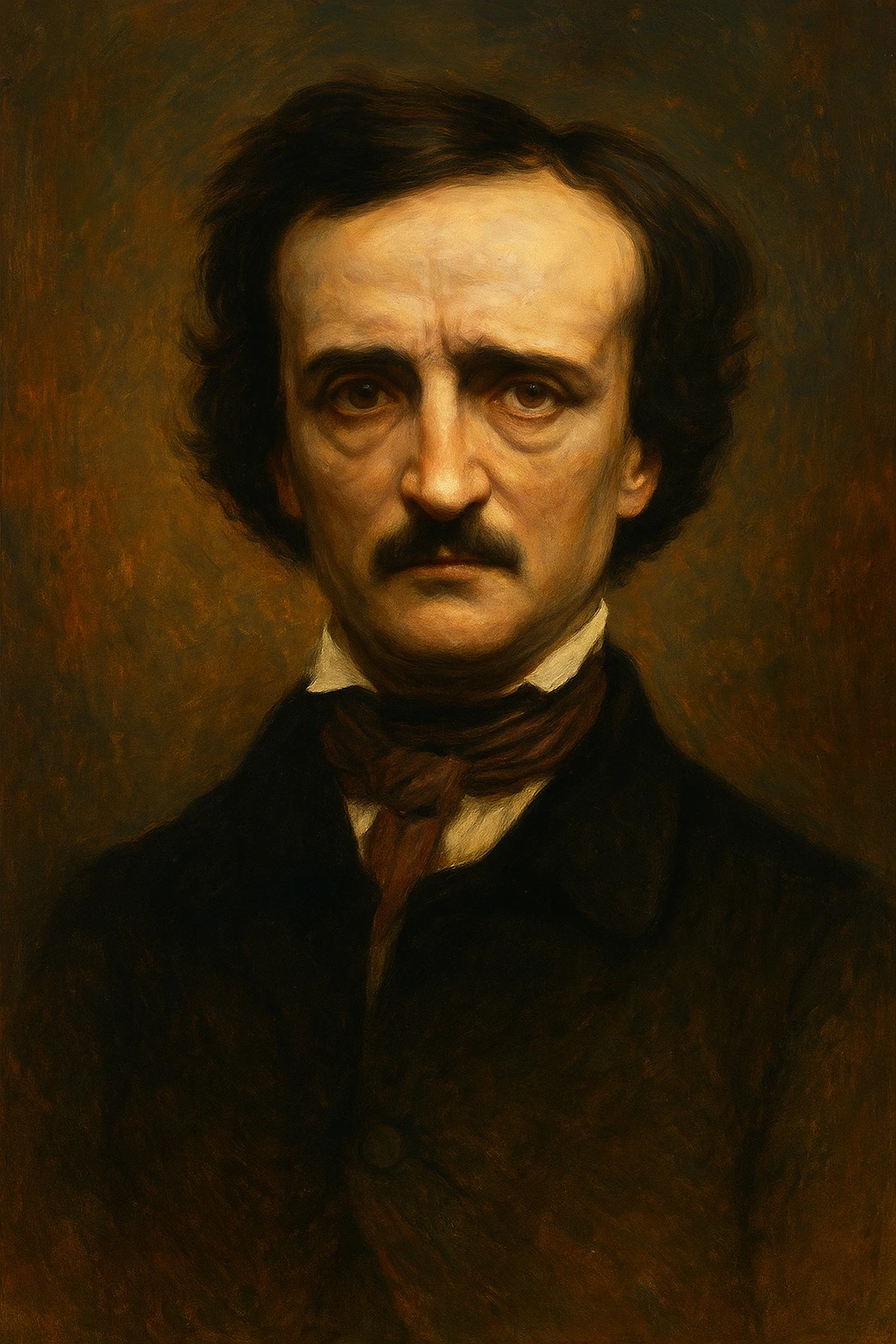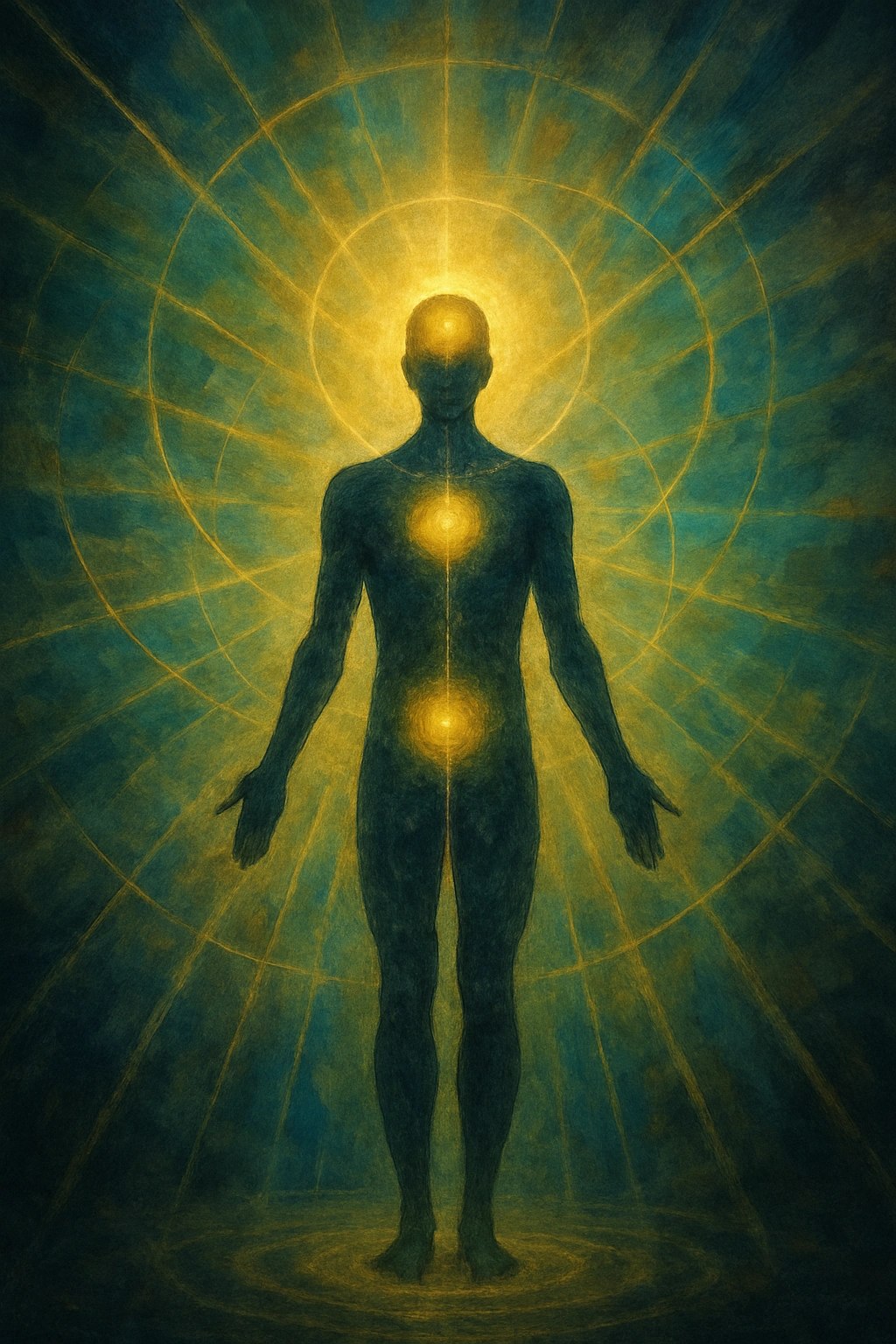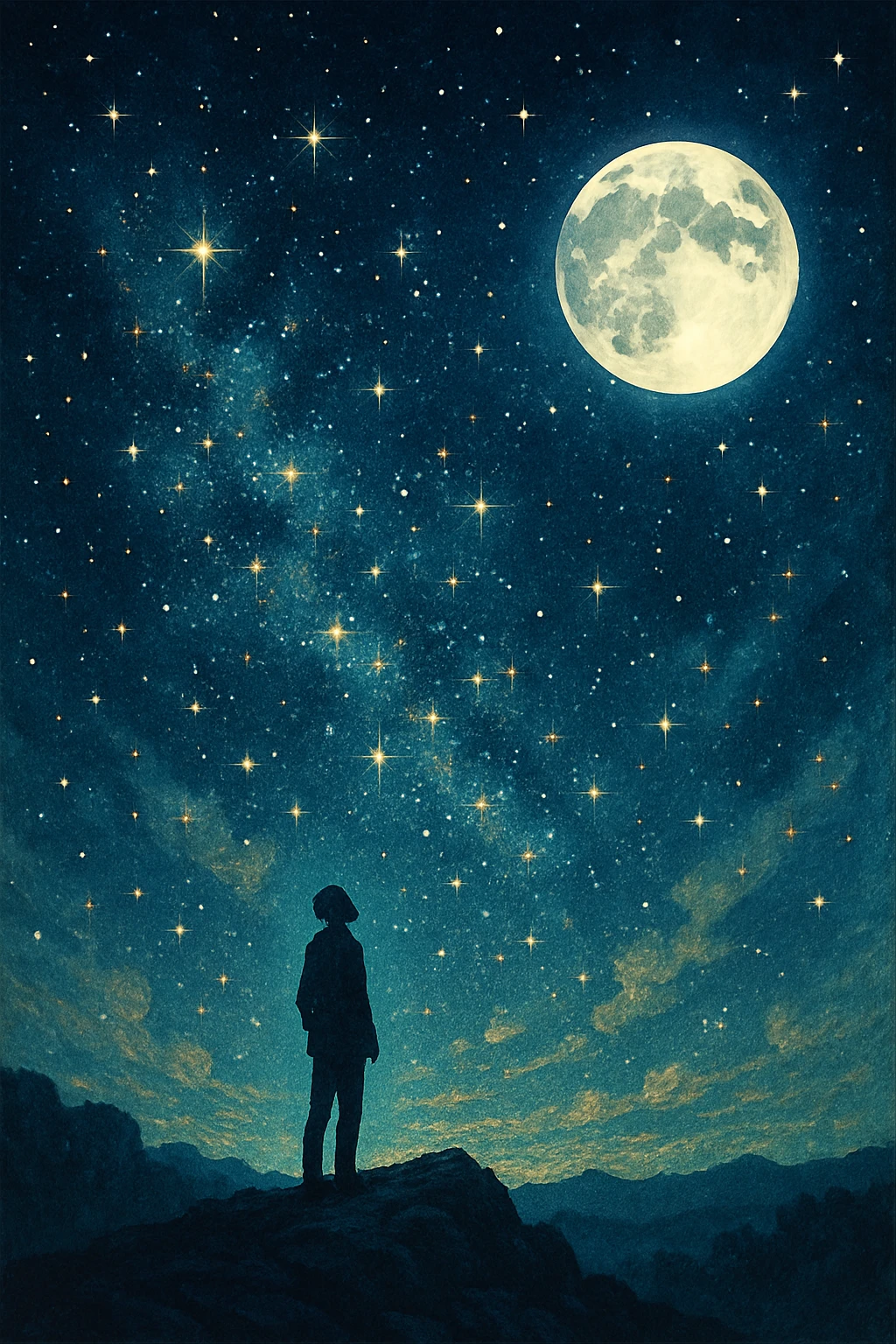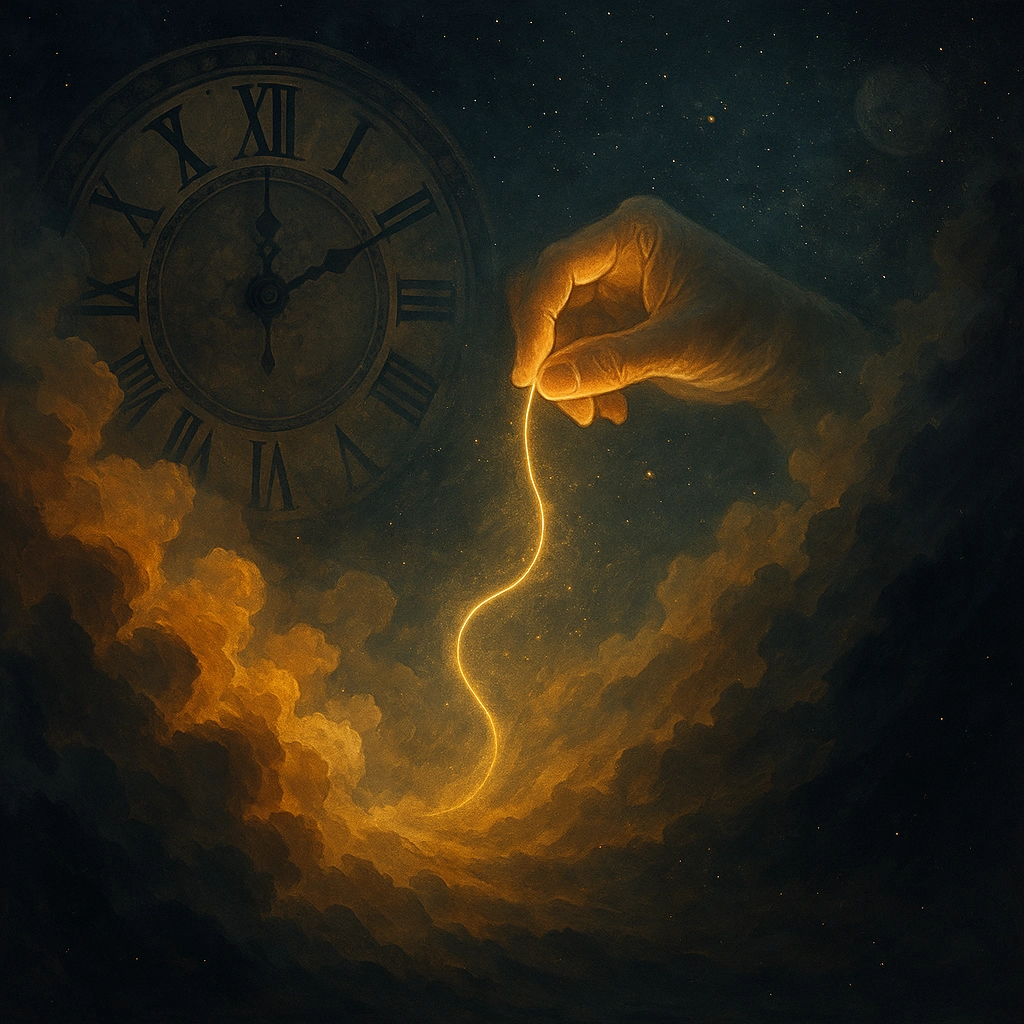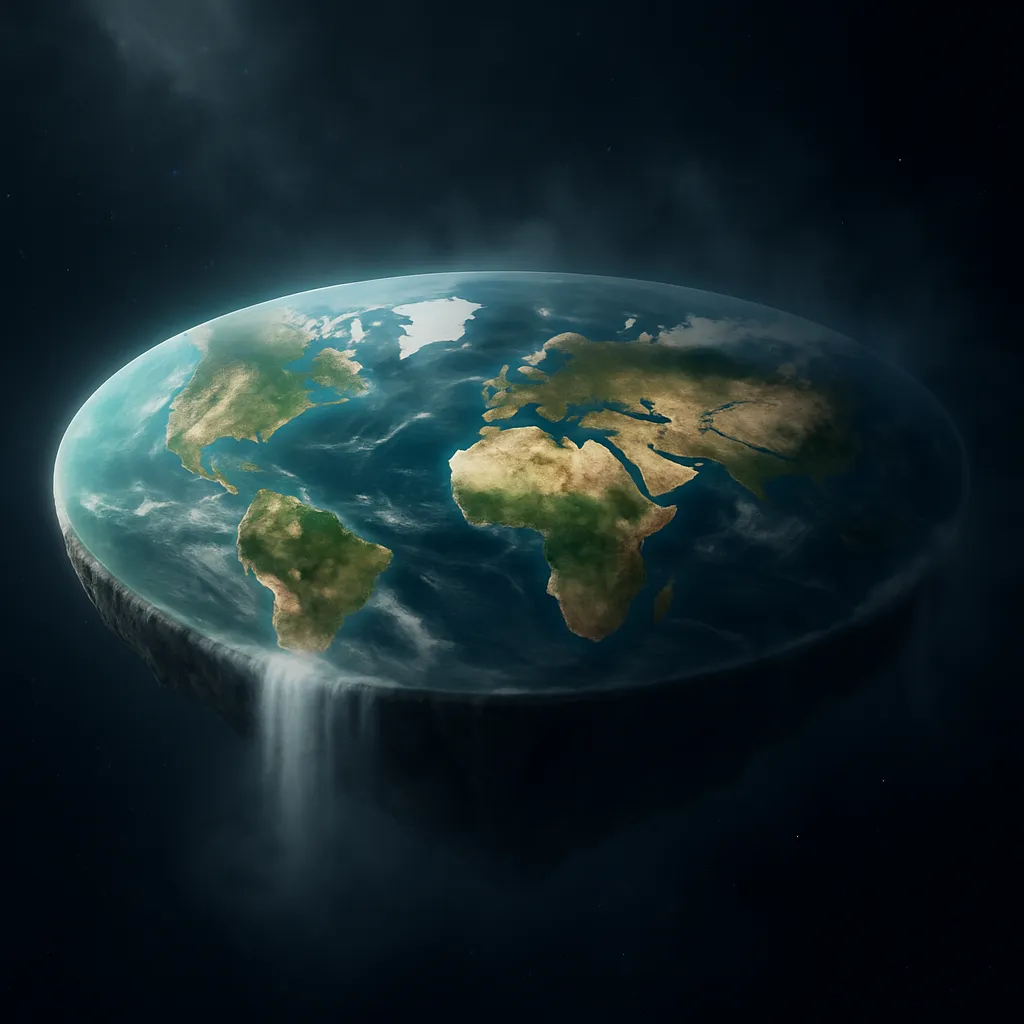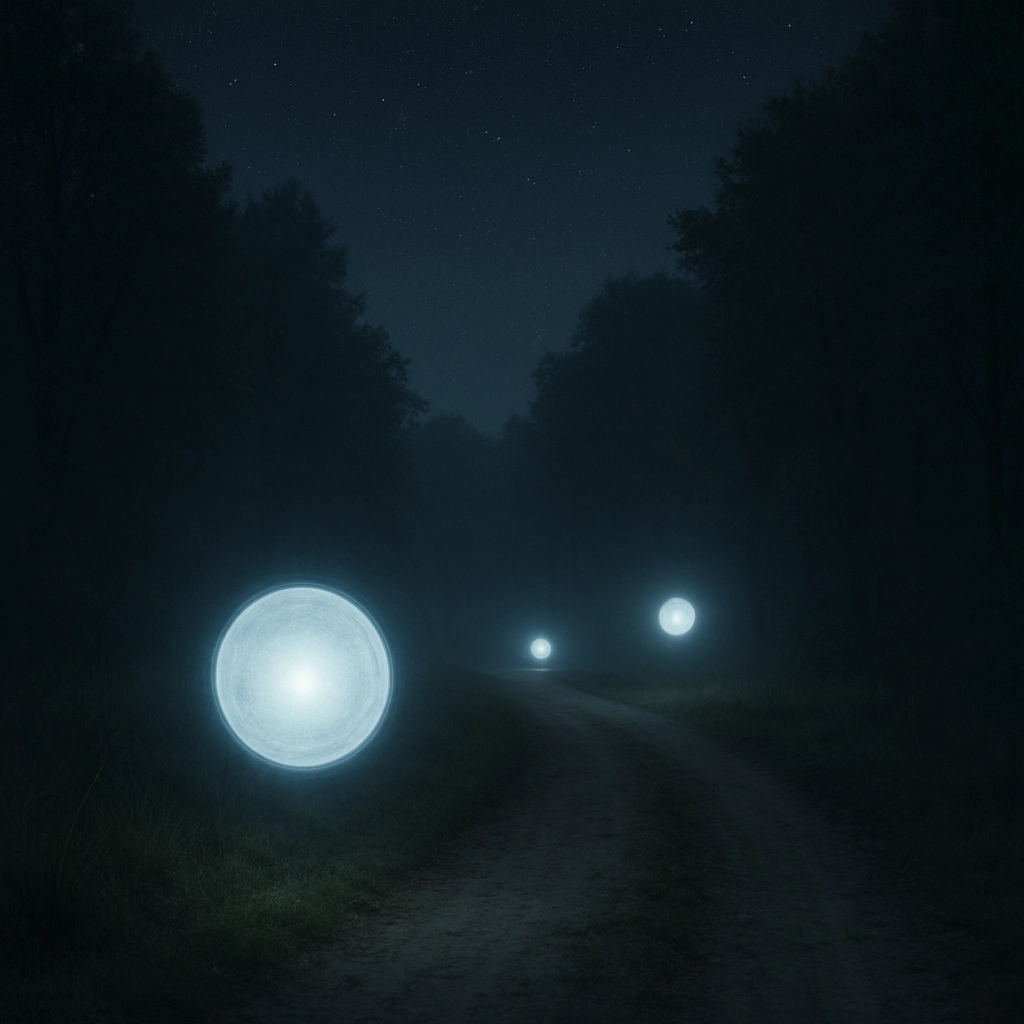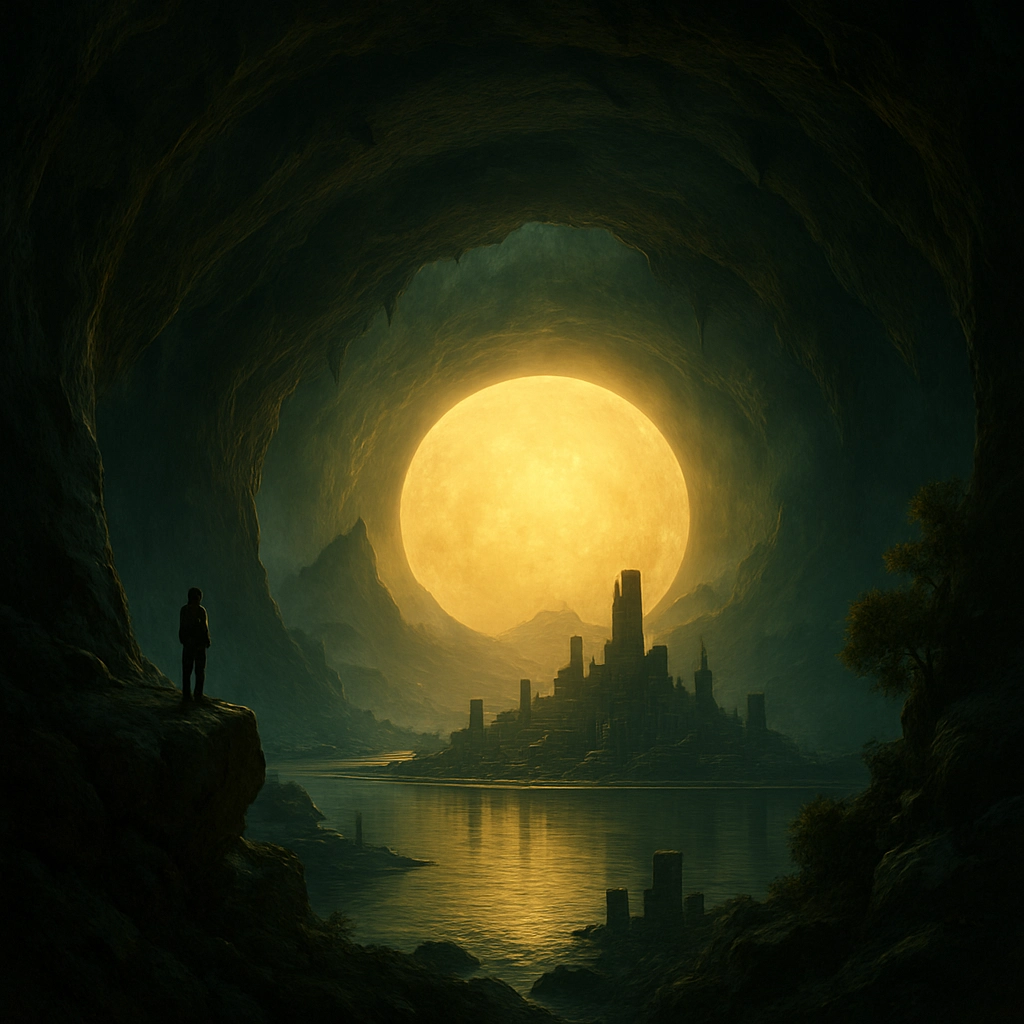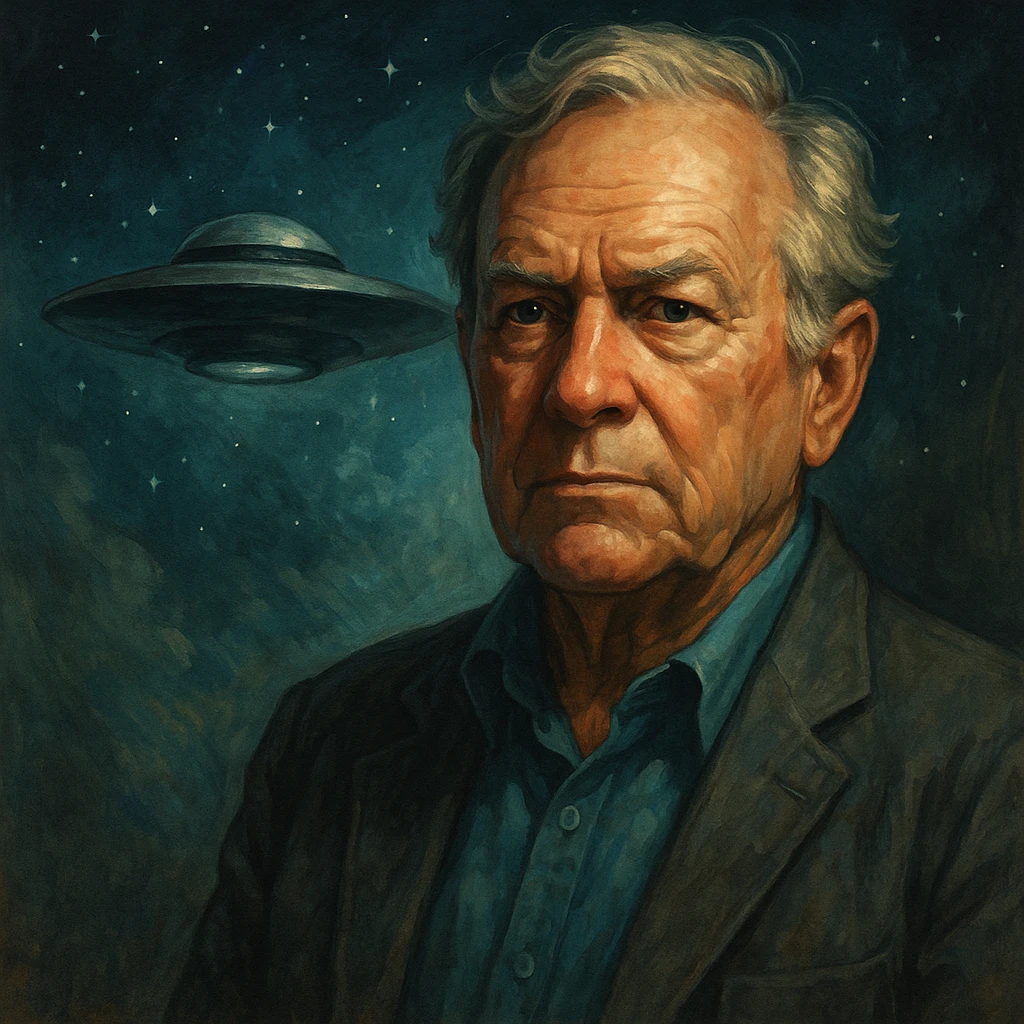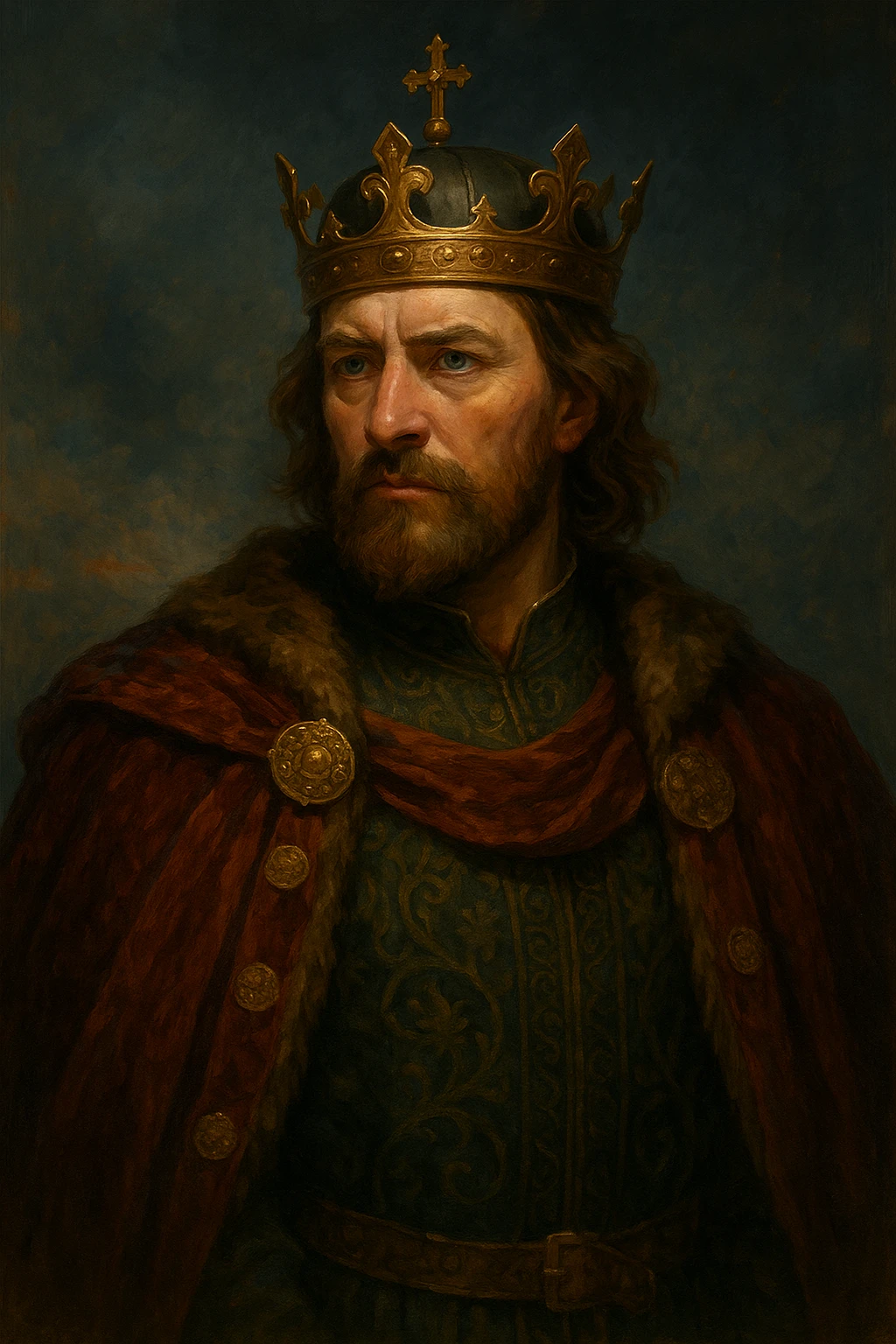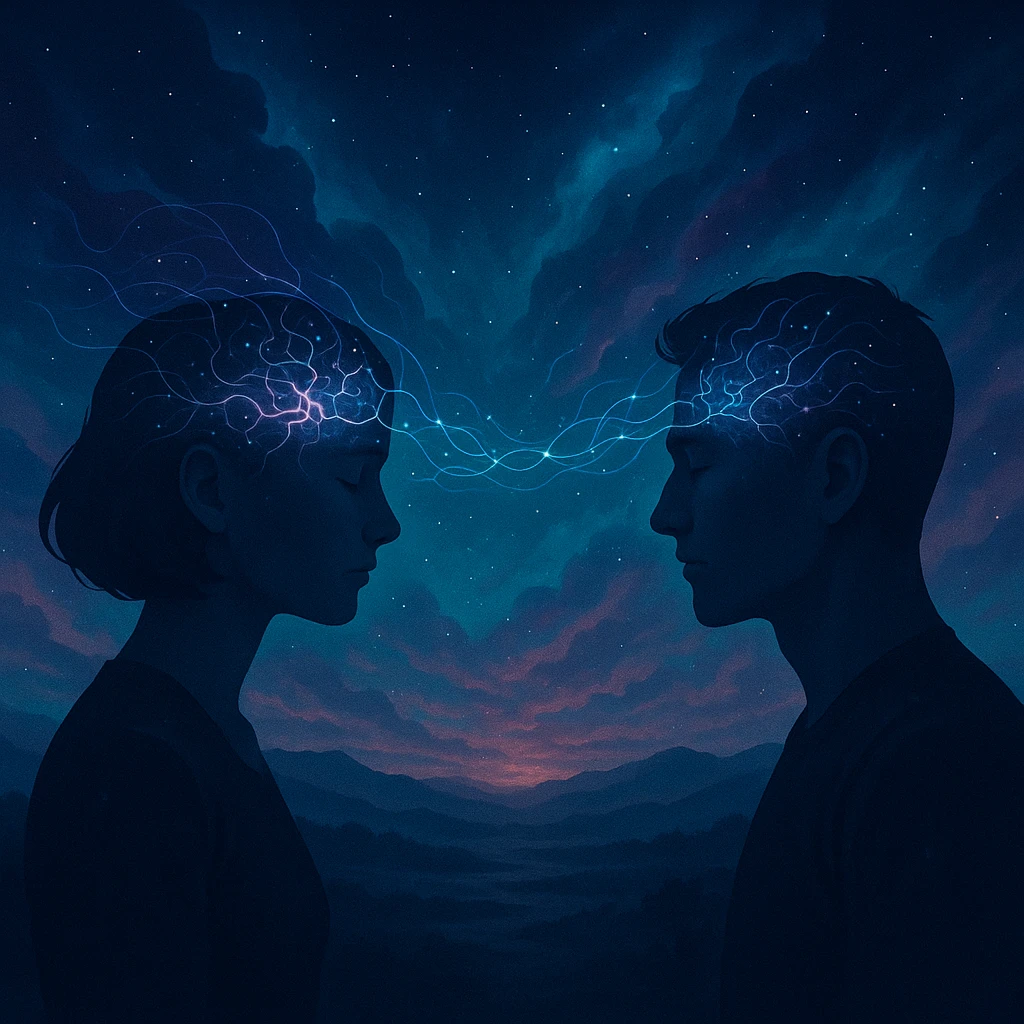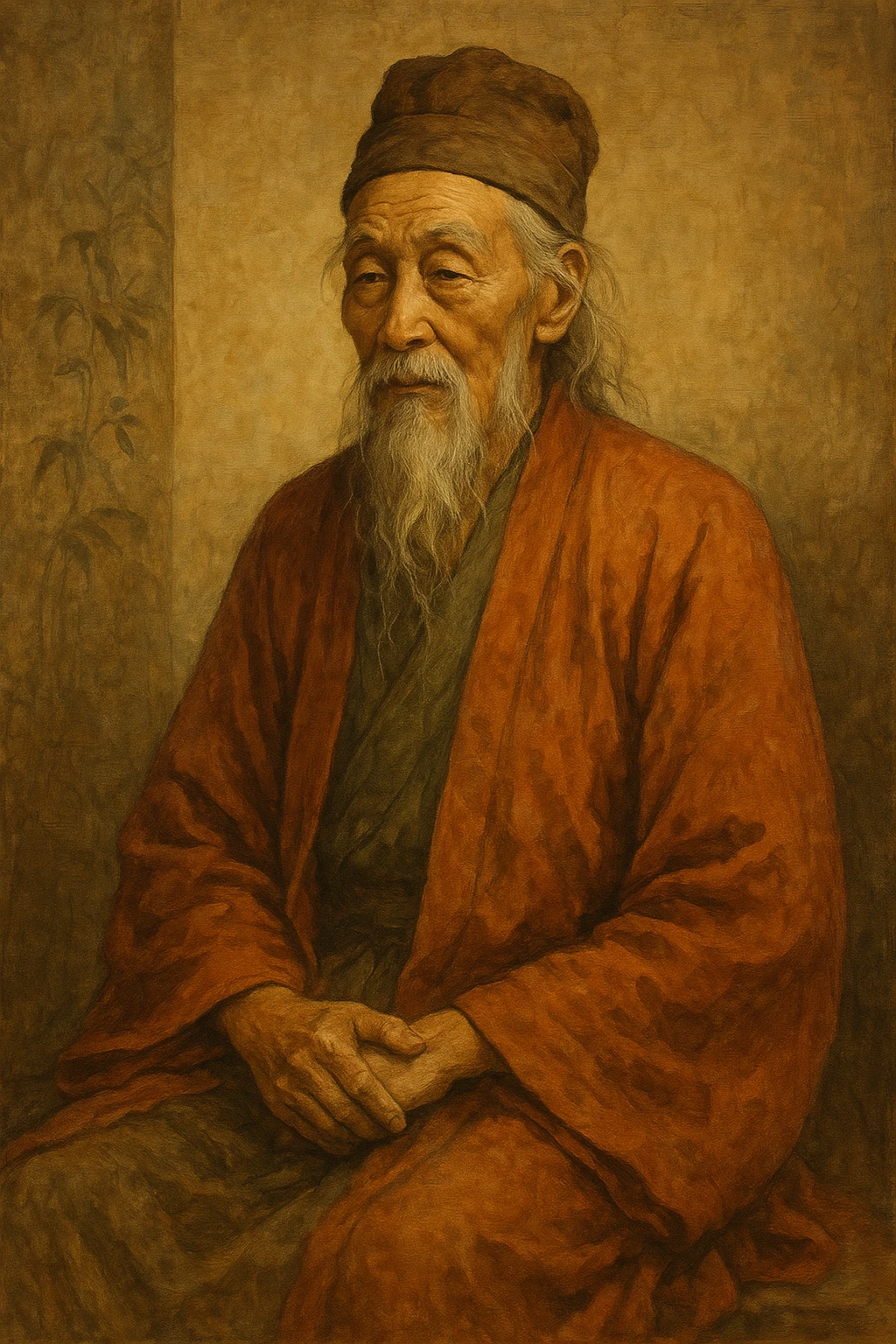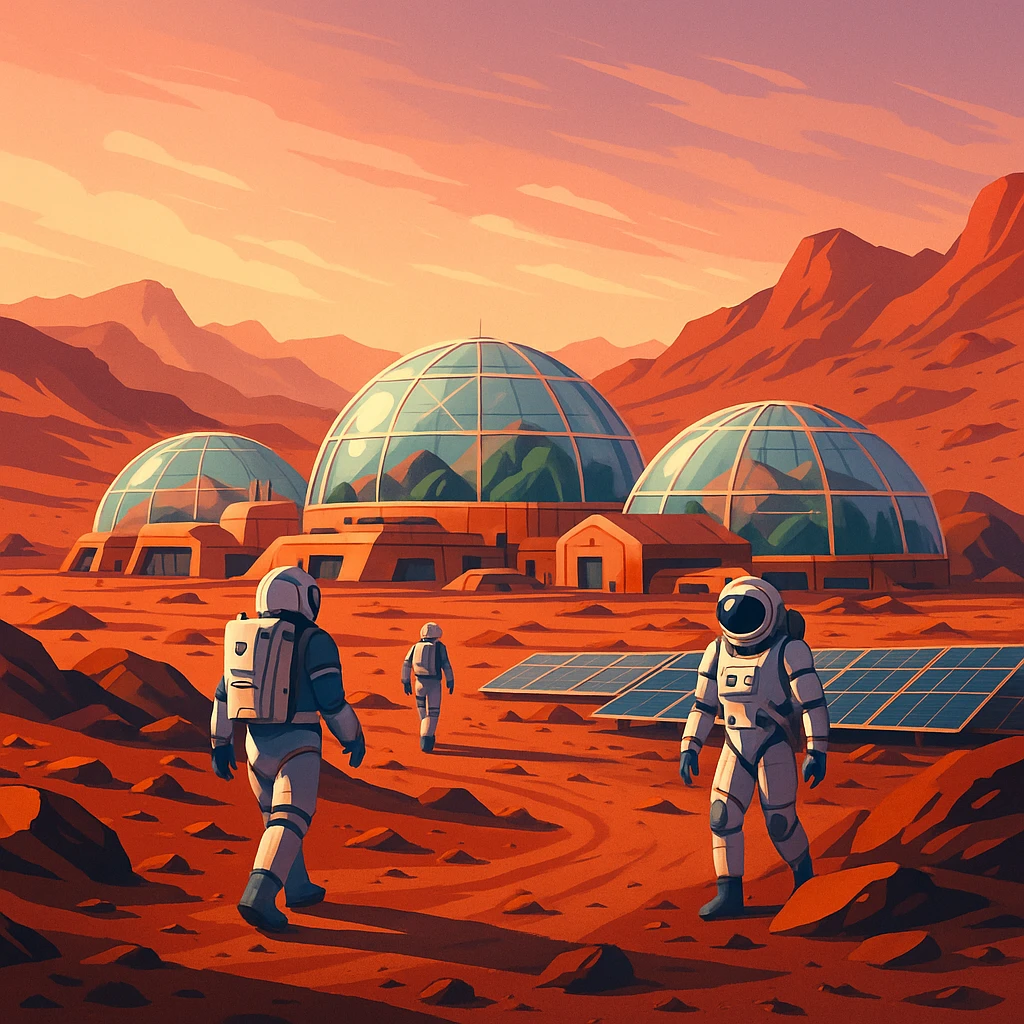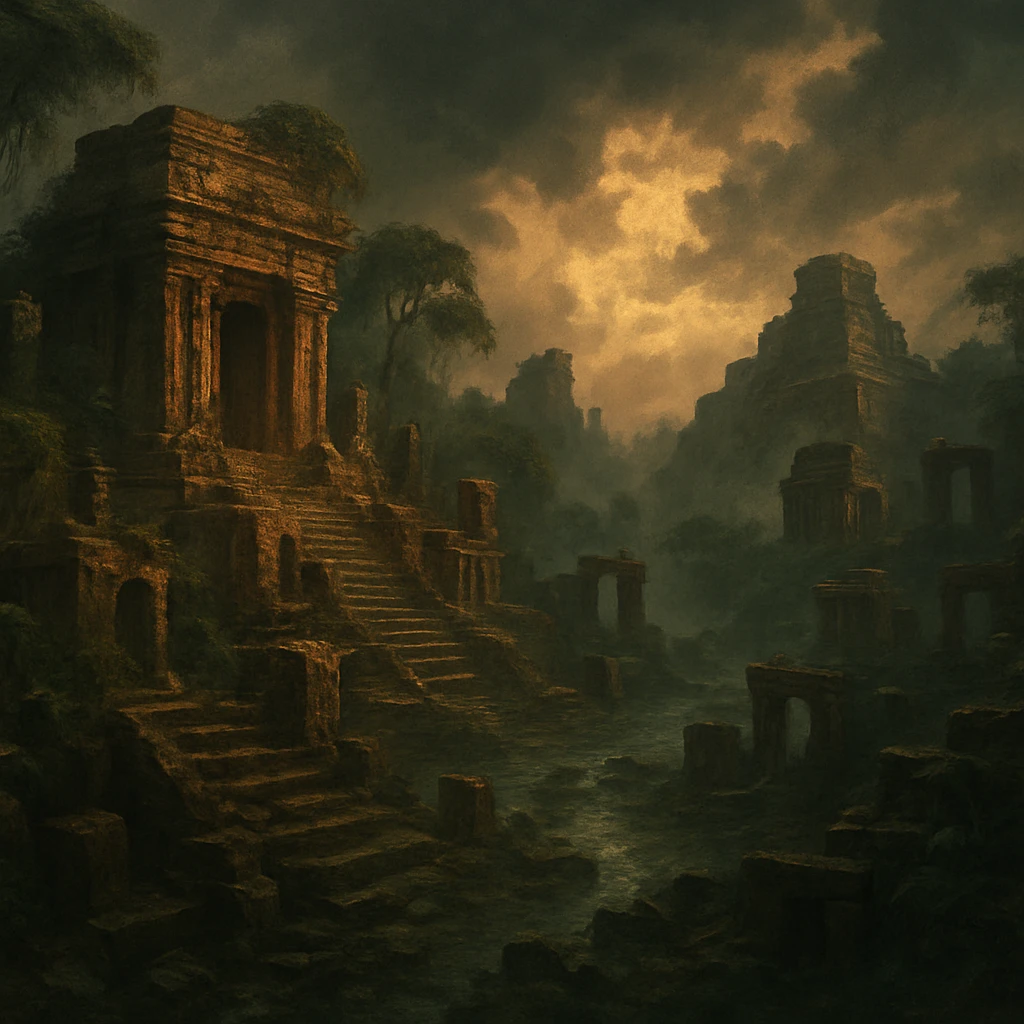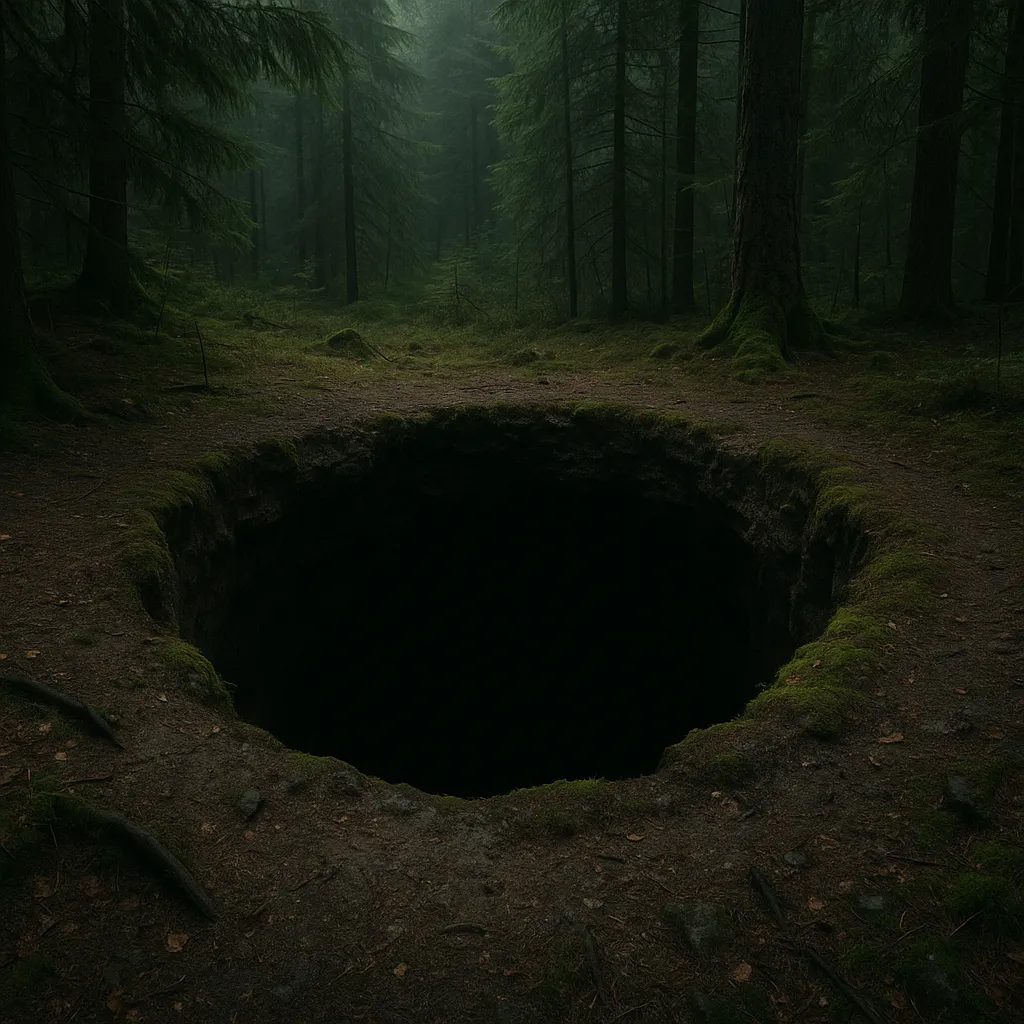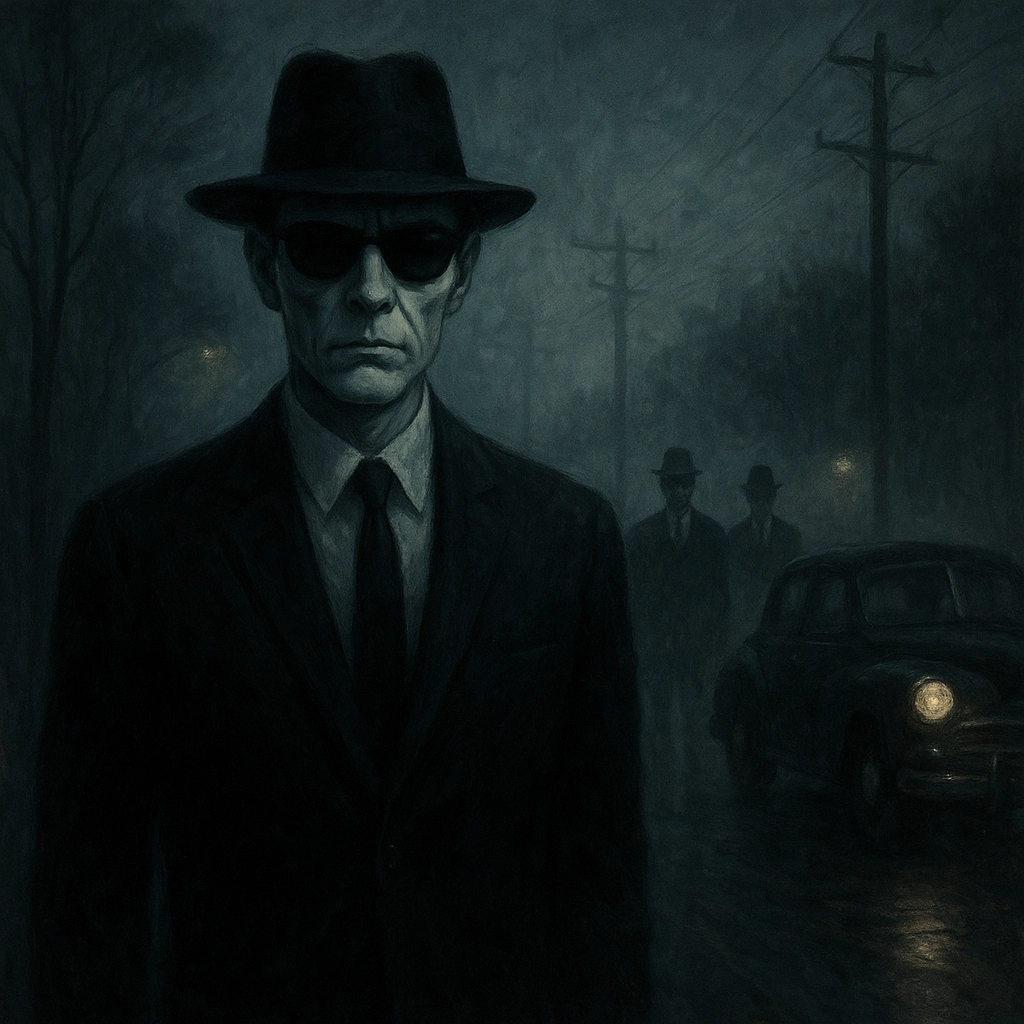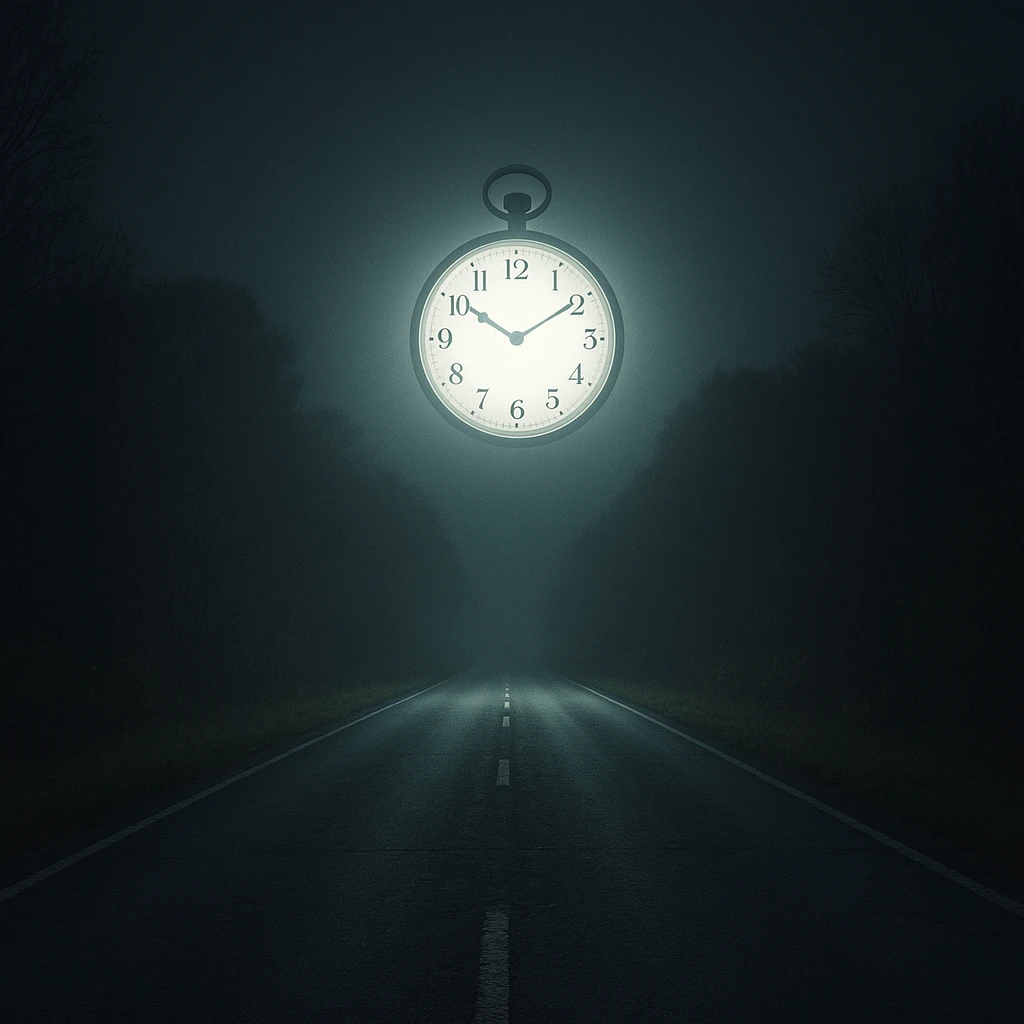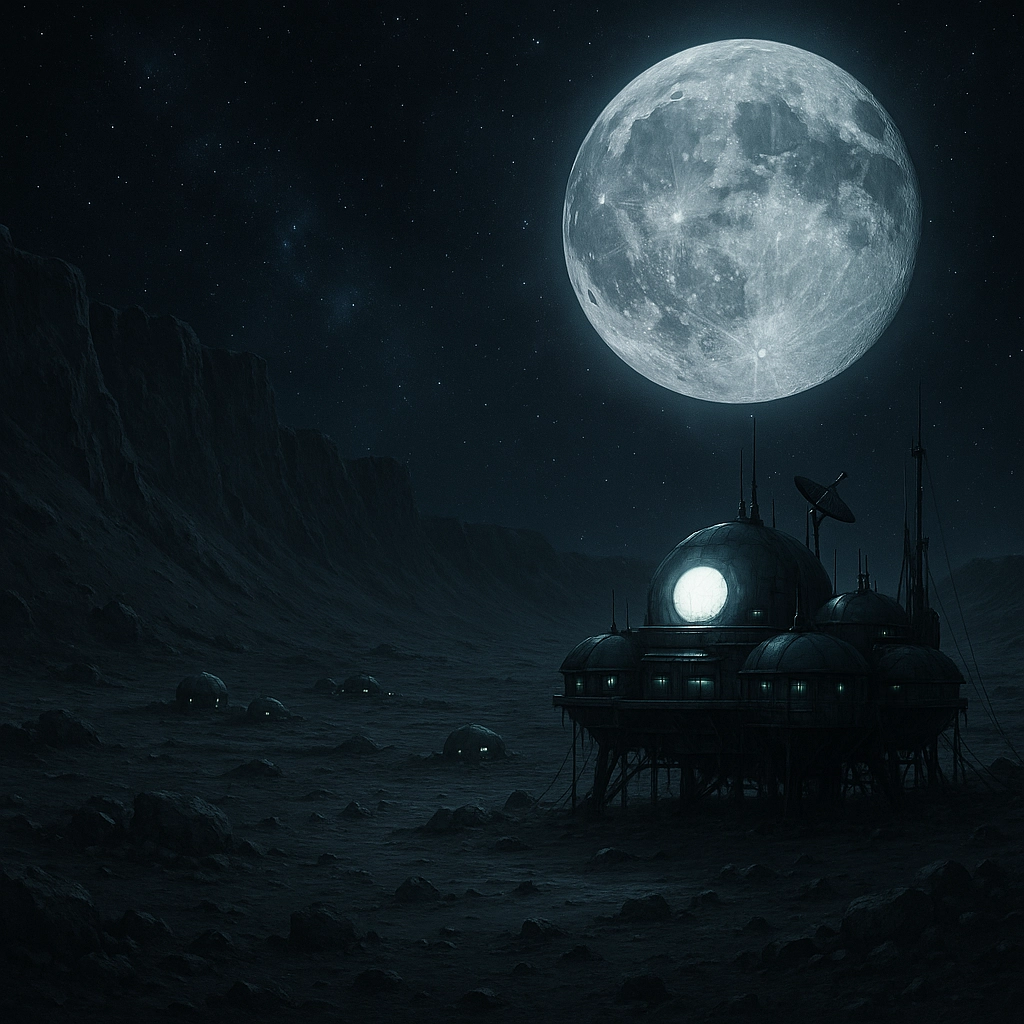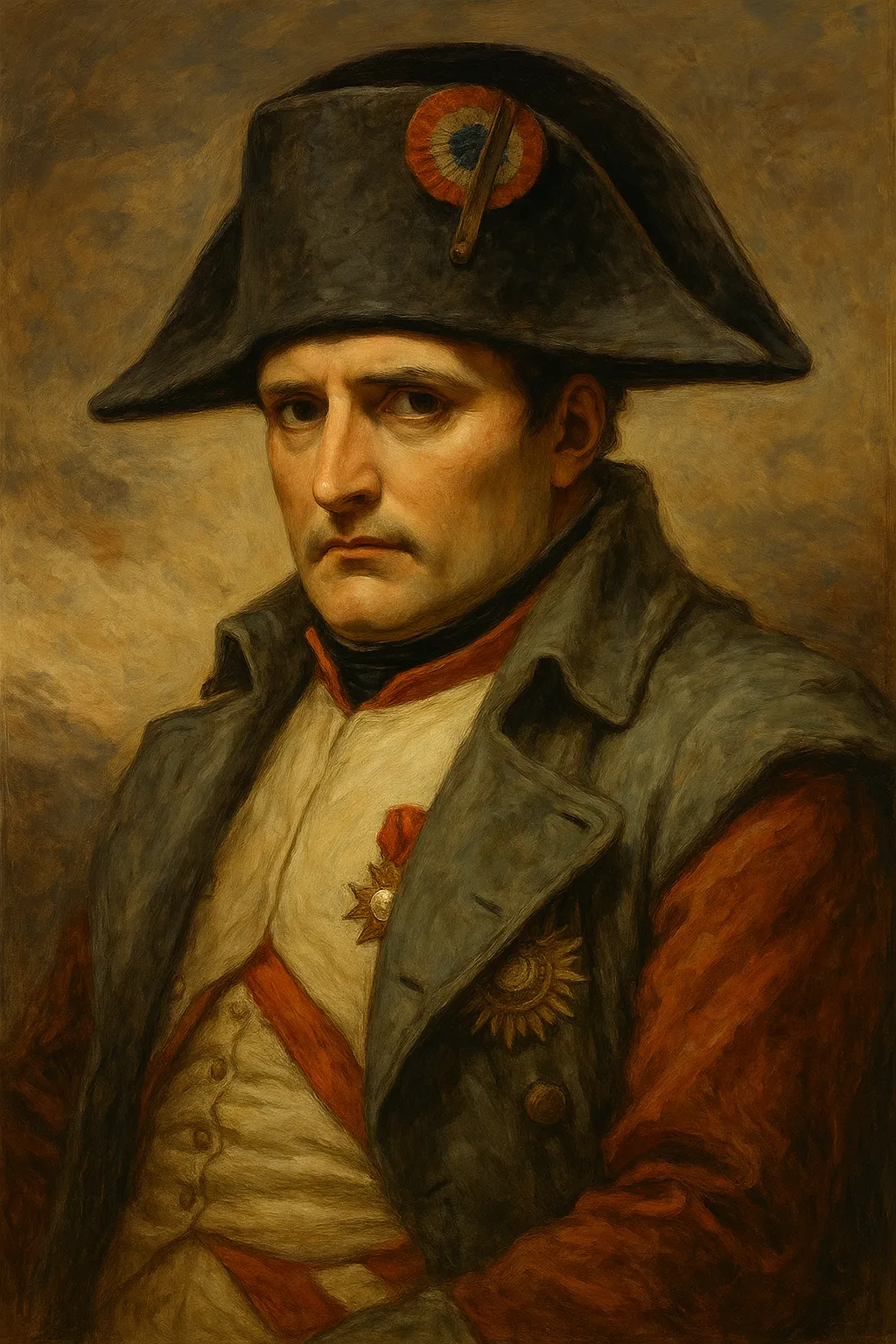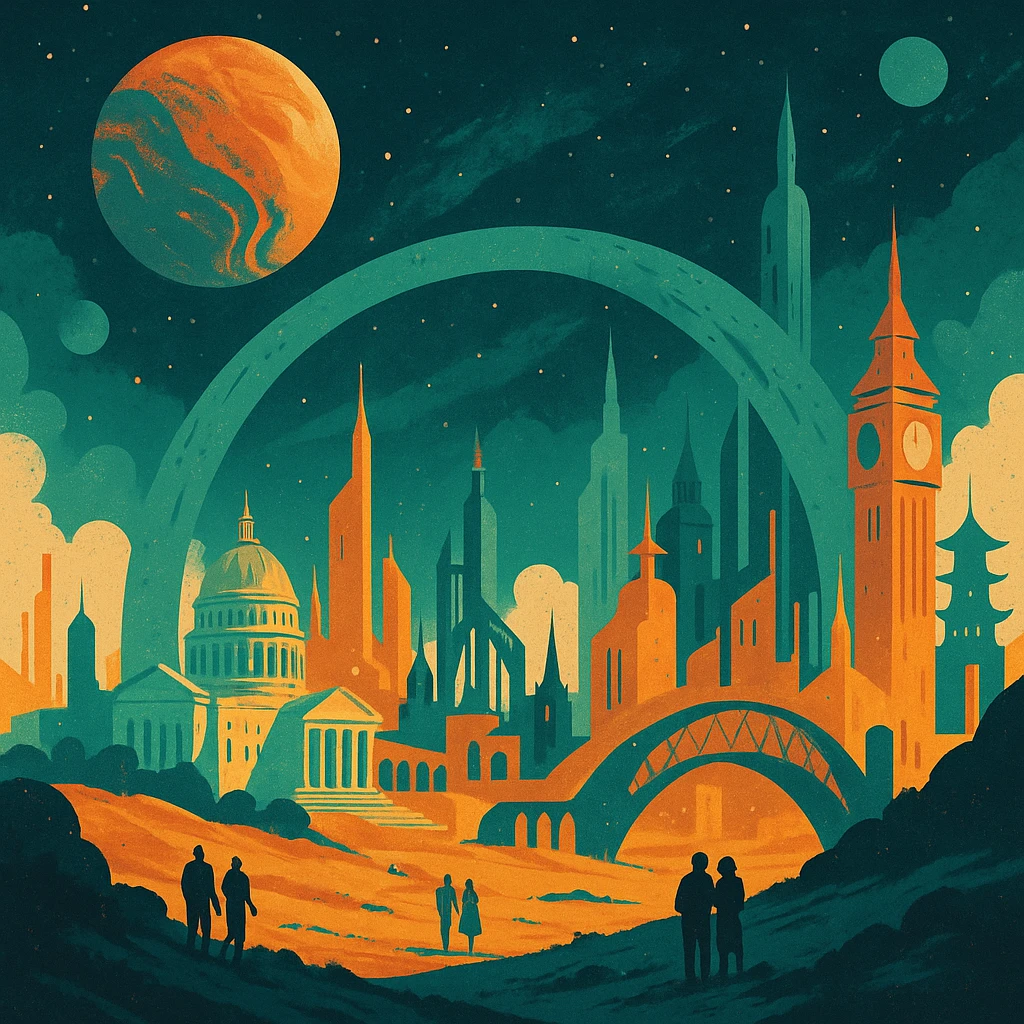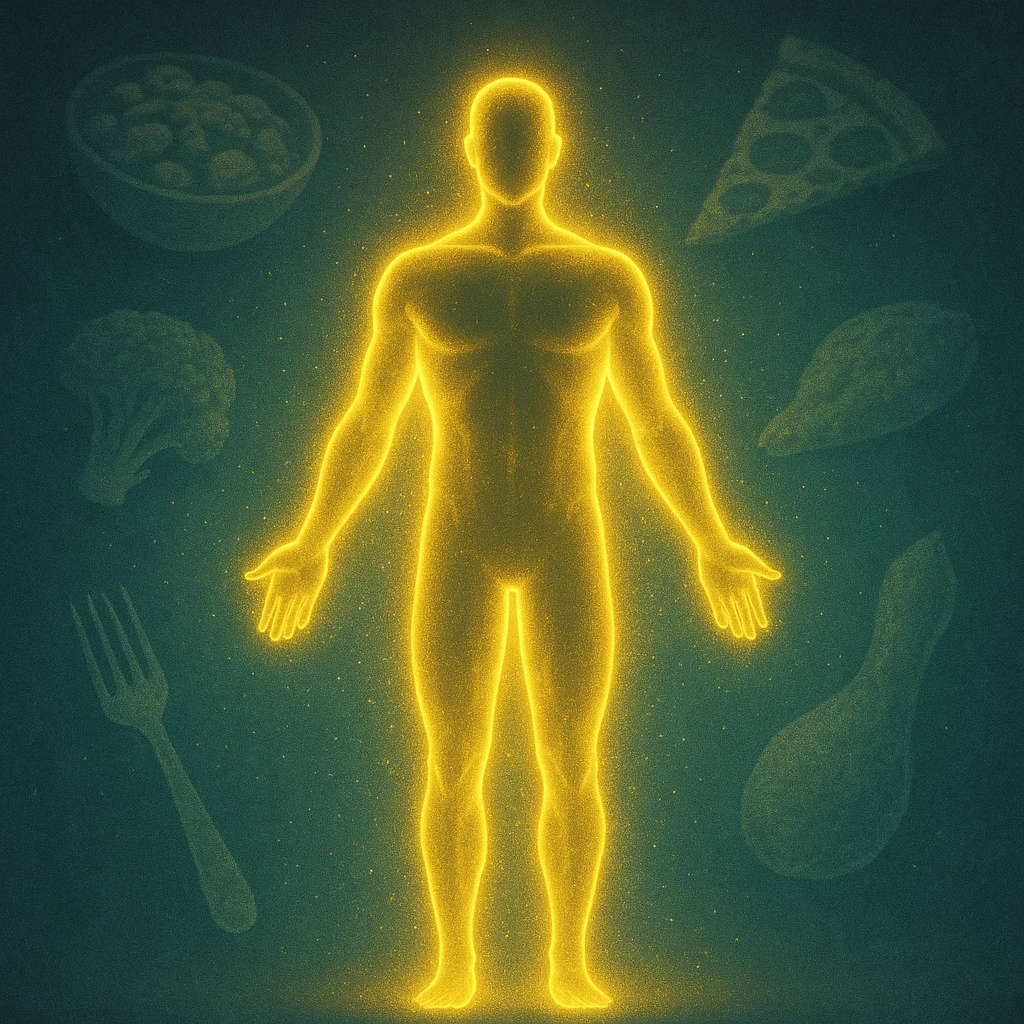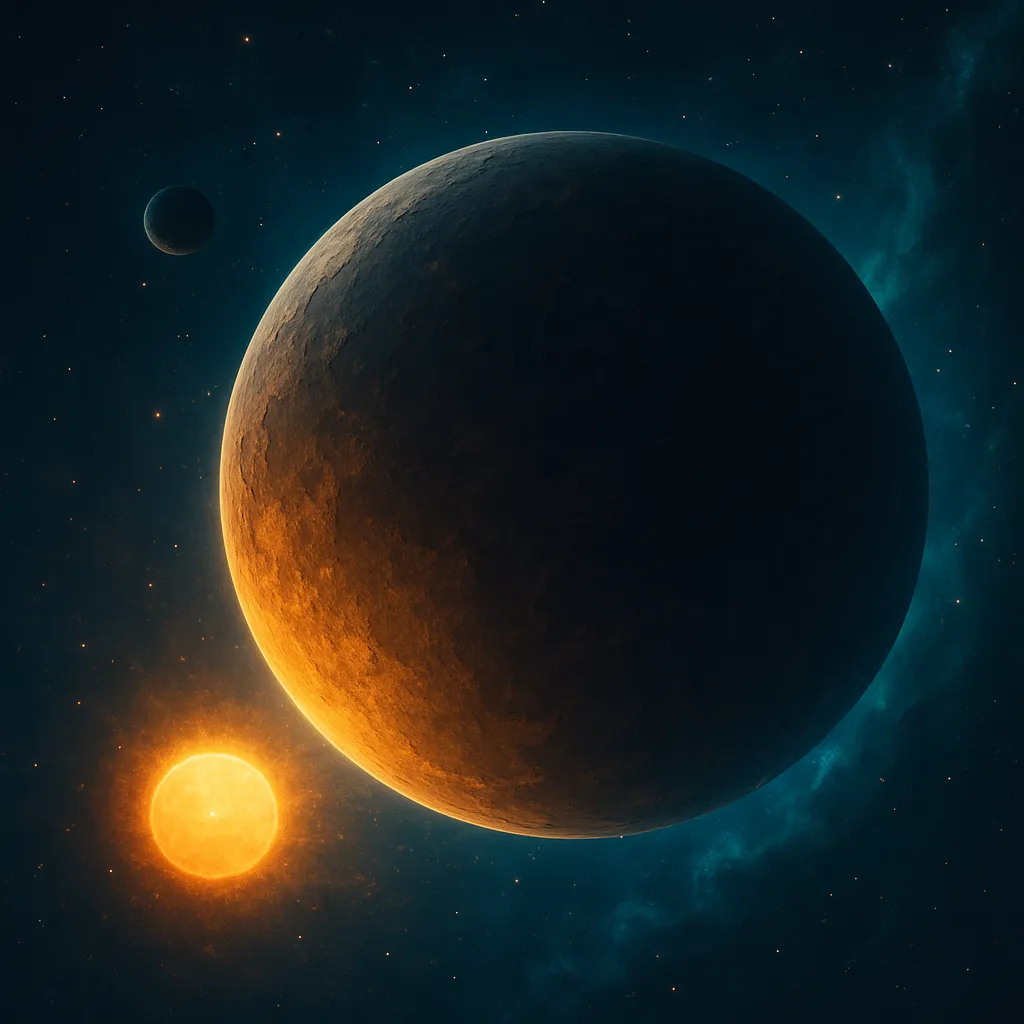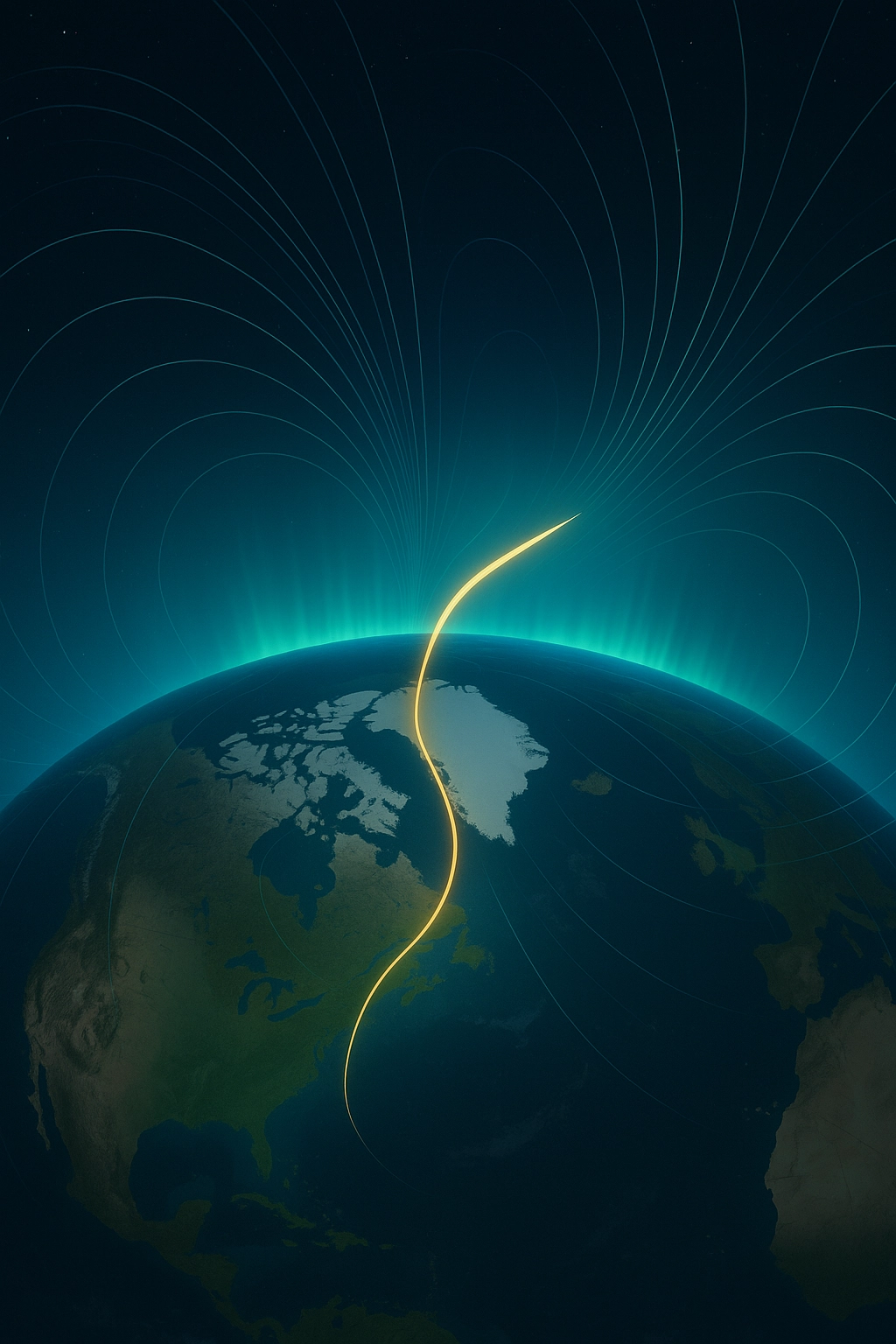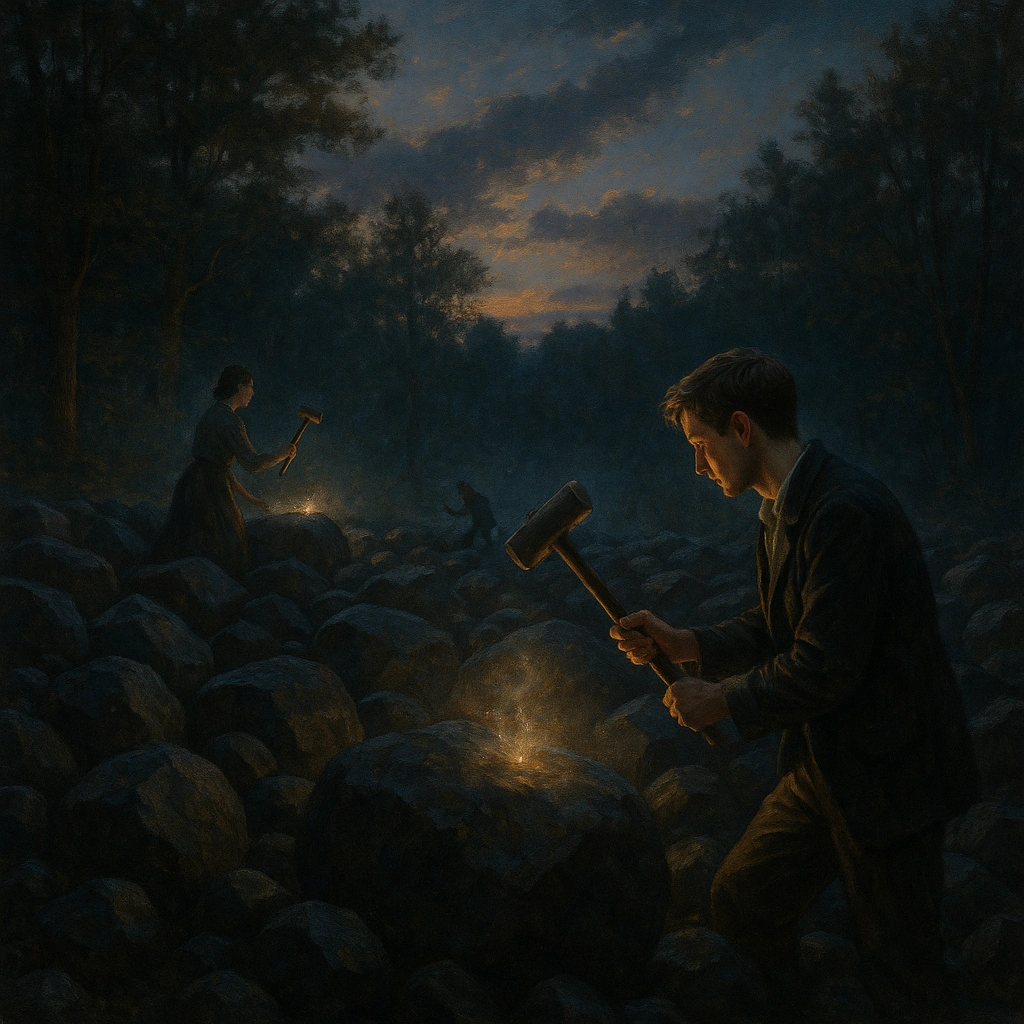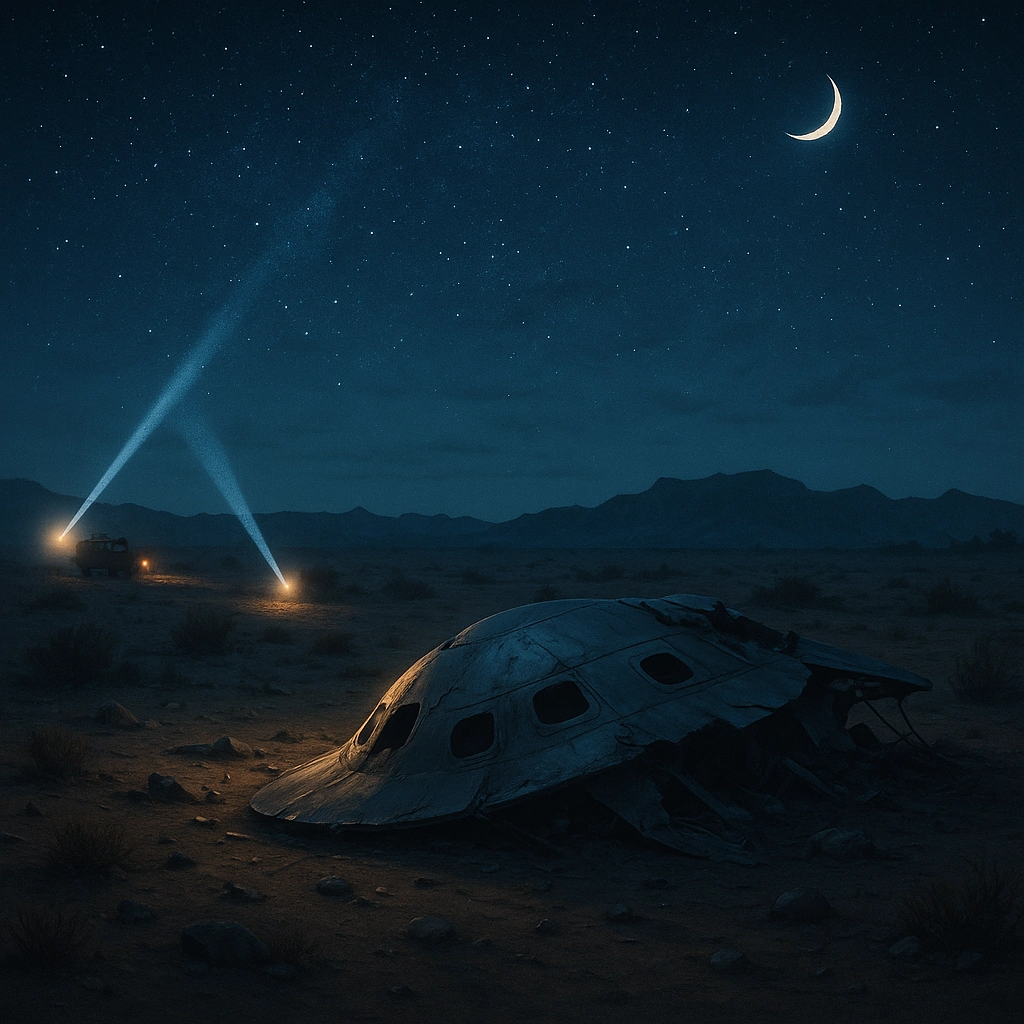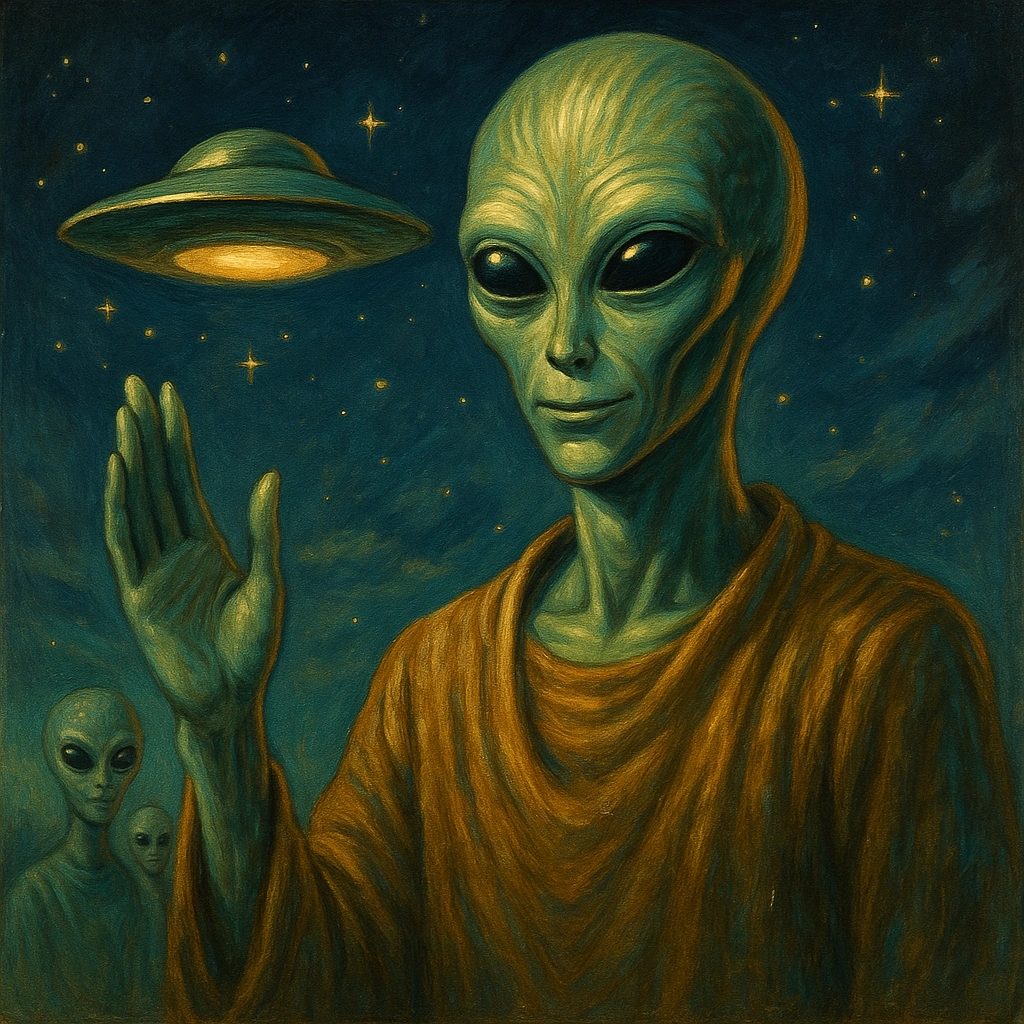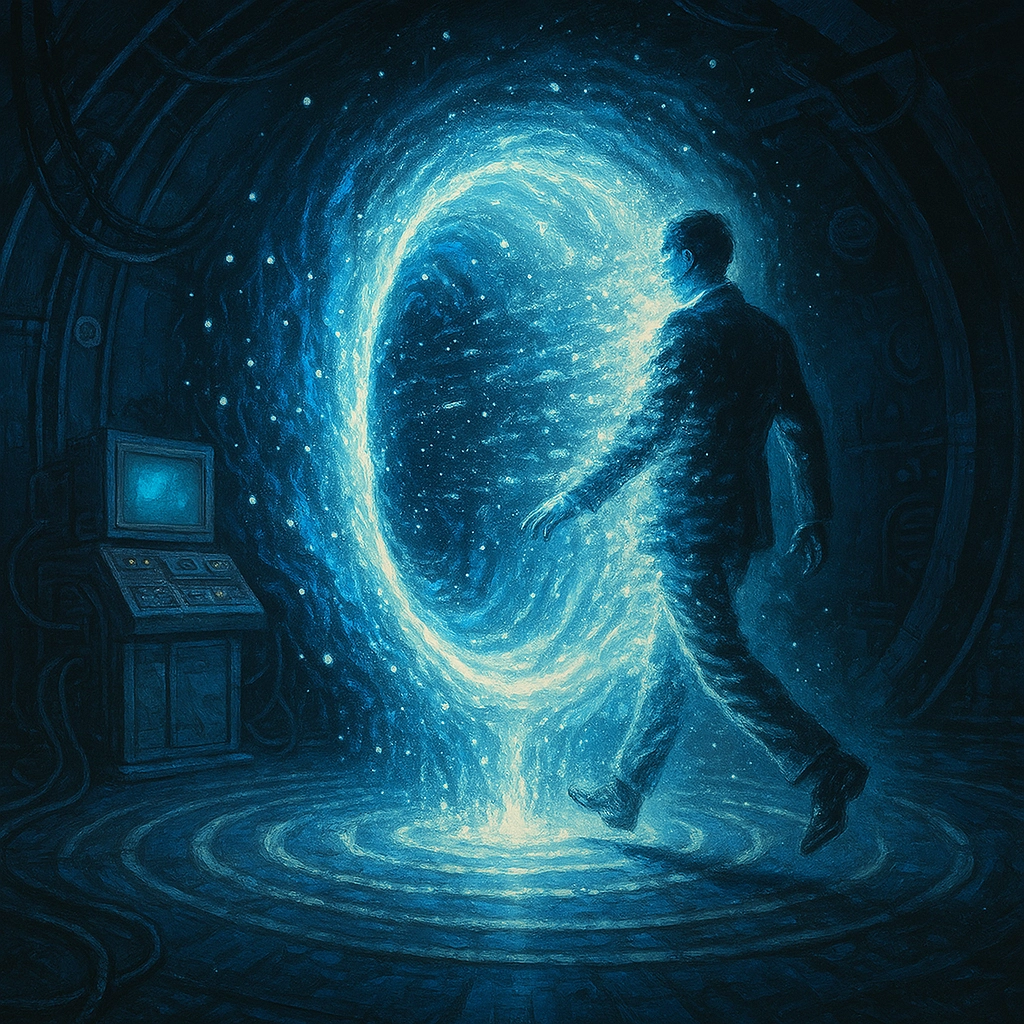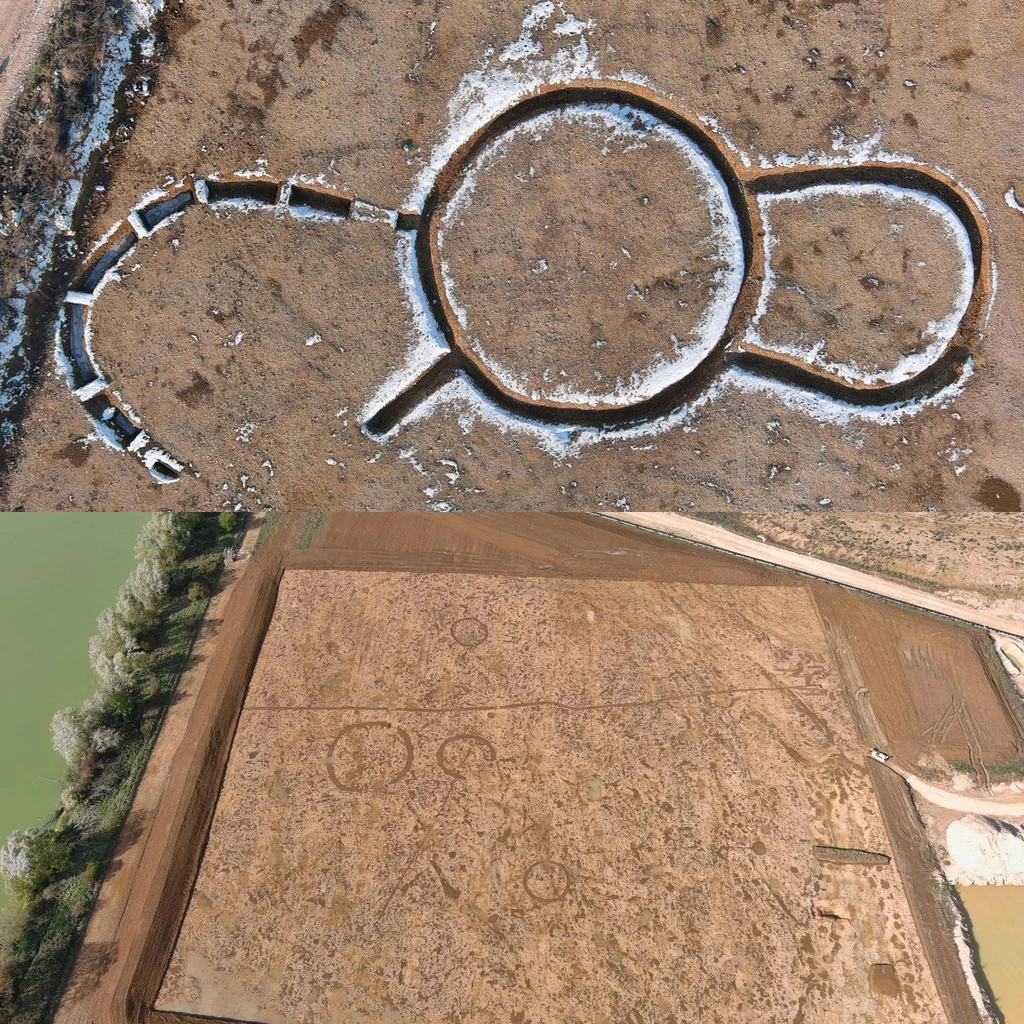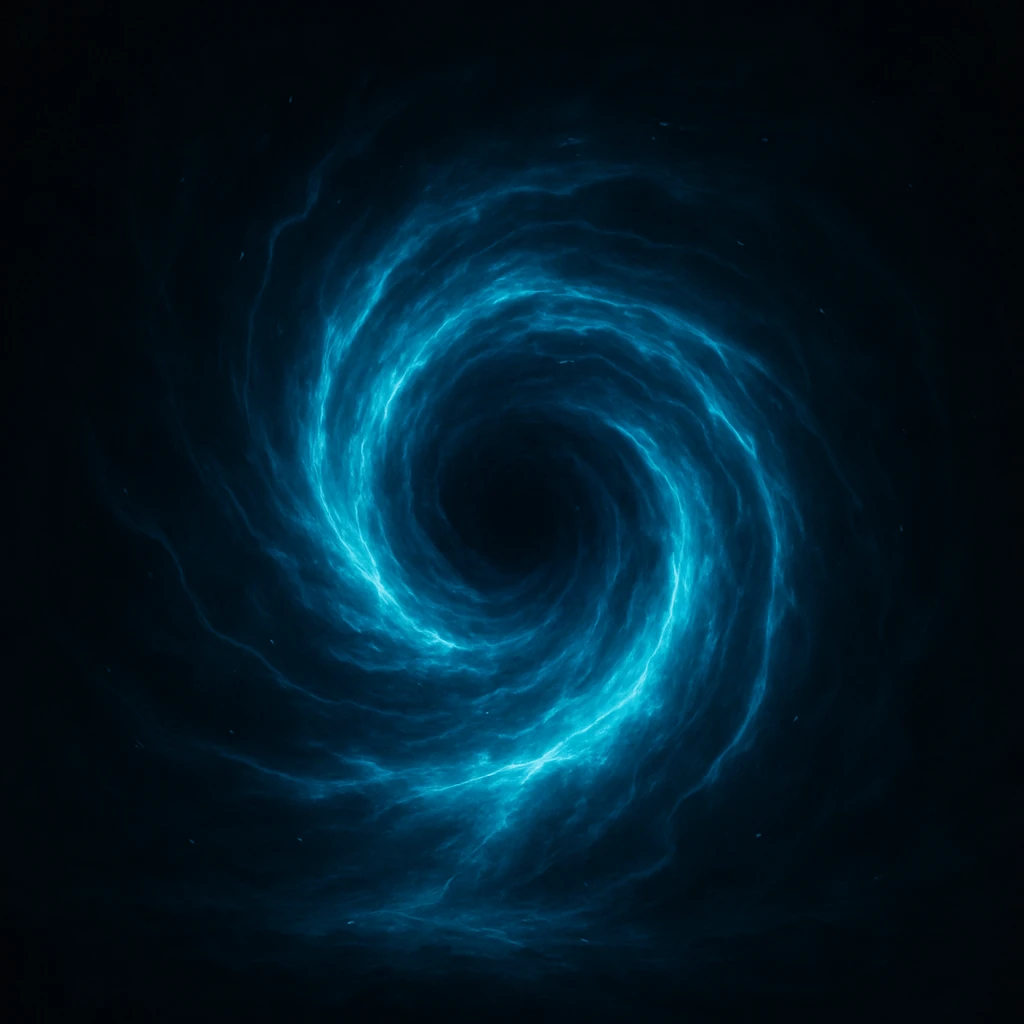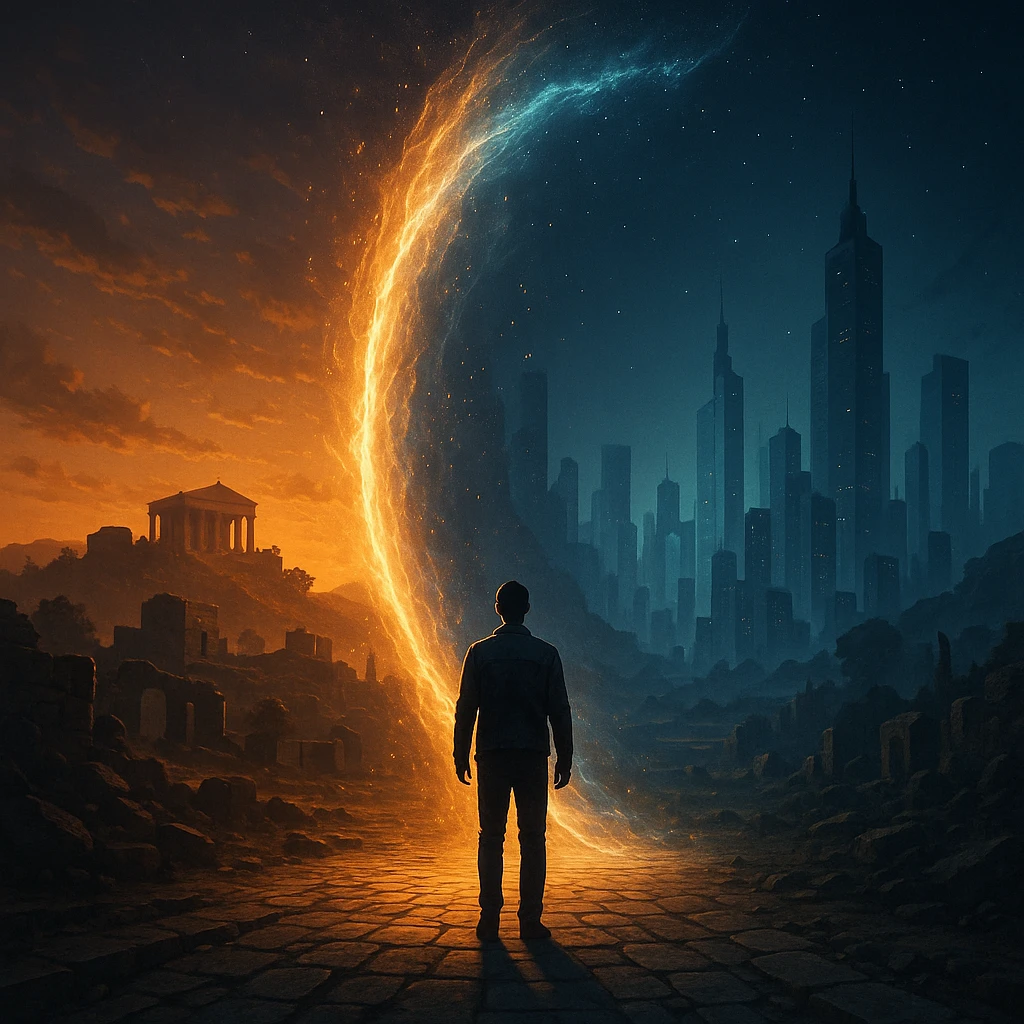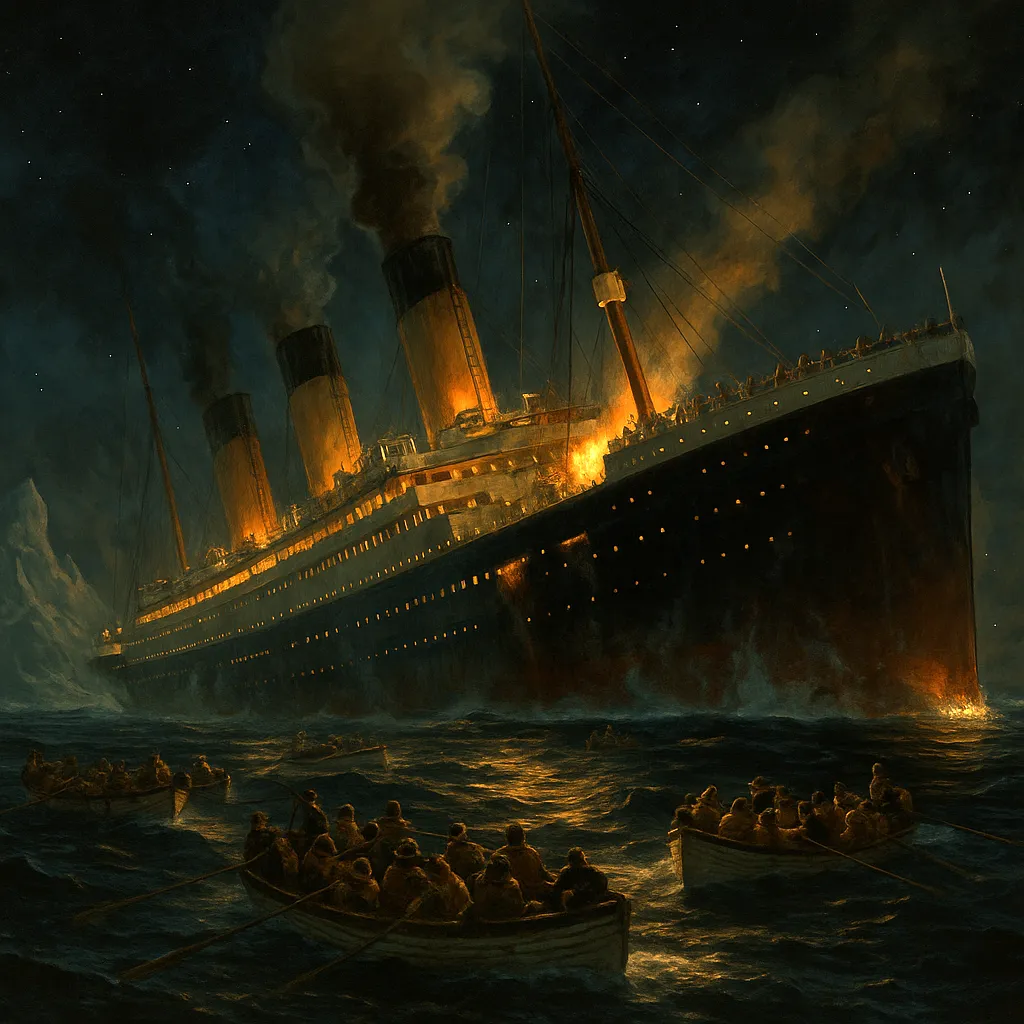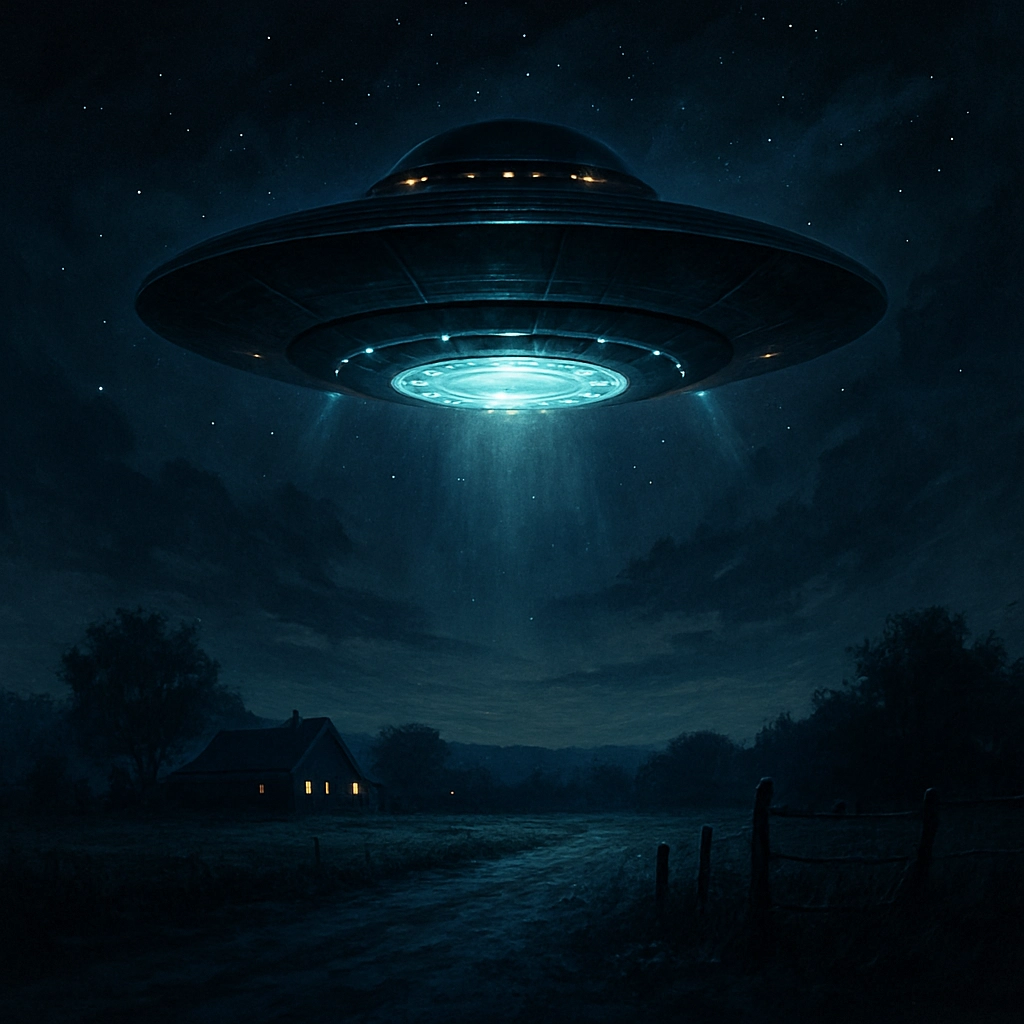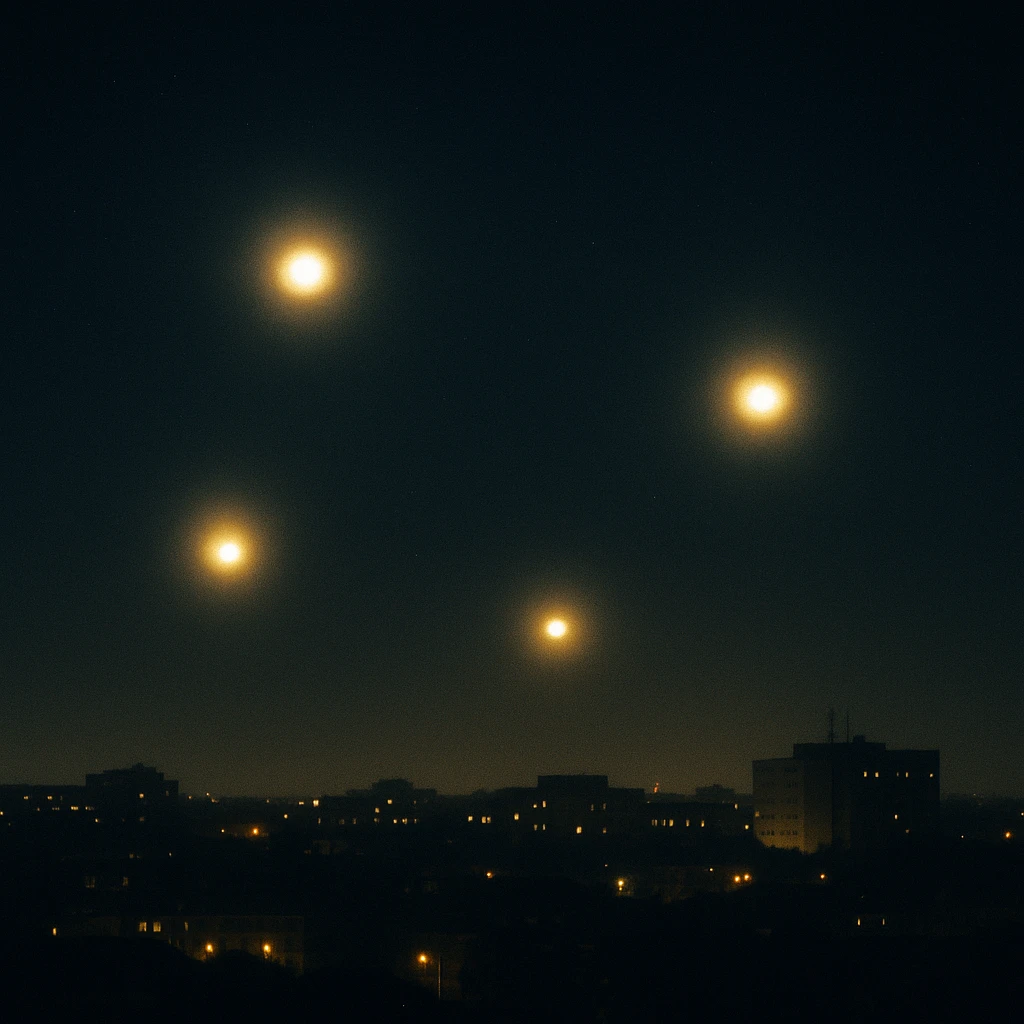What If Reality Is a Simulation?
Quick Answer: If our universe is a simulation, everything we see and feel could be generated by code. Clues might hide in physics, math, and unexpected glitches in reality.
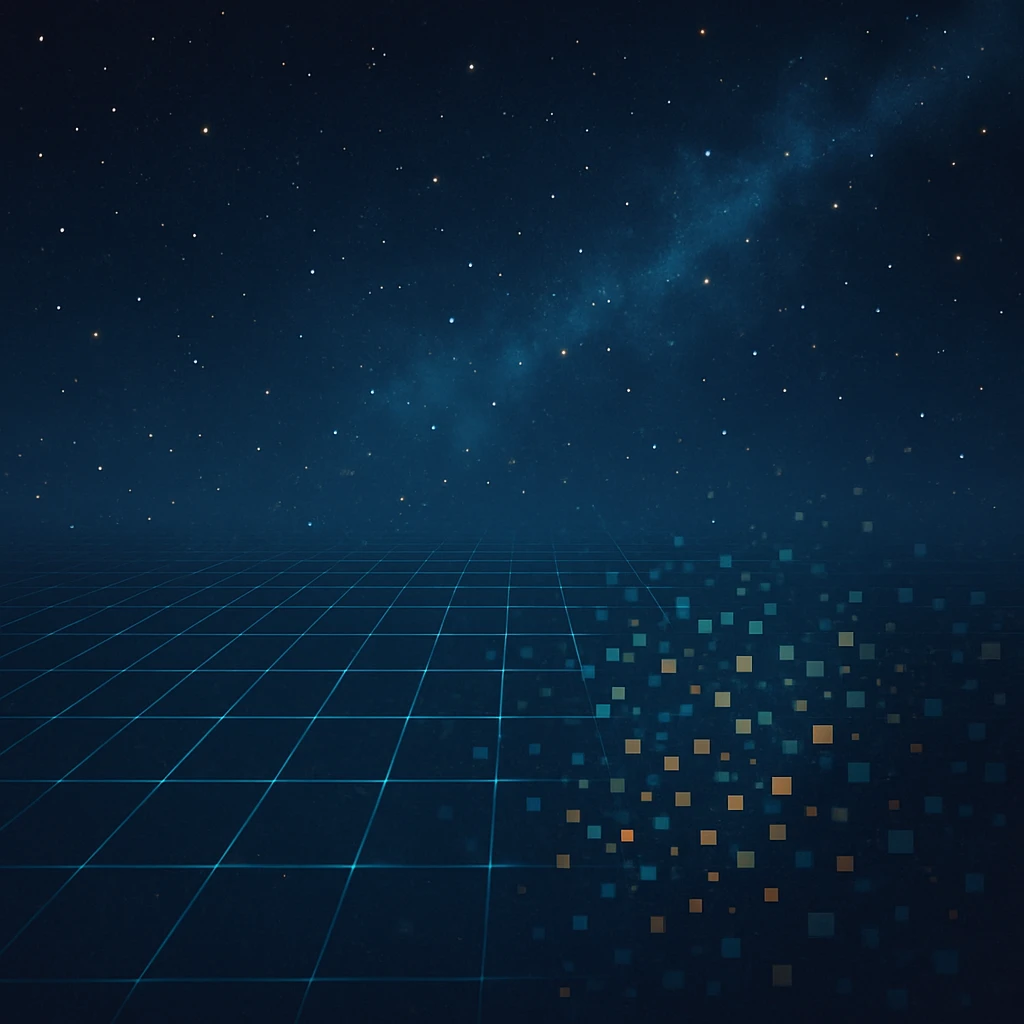
The Premise
What if reality is not base level but a simulated environment run by an advanced intelligence? This idea, once limited to philosophy and science fiction, is now taken seriously by some scientists and technologists. The simulation hypothesis suggests that everything we see, feel, and experience could be the product of programmed logic and artificial systems.
According to this view, physical laws might just be computational rules. Space, time, and matter could be part of a large-scale simulation-crafted by beings far more advanced than us, or even by our own future descendants running ancestor simulations for study or entertainment.
Some argue that if a civilization could simulate consciousness, and had the computing power to simulate entire worlds, the number of simulated realities might vastly outnumber real ones. In that case, it is statistically more likely that we are living in a simulation than in the one true base reality.
This premise opens doors to wild possibilities: that glitches in the system might reveal the code beneath, that our universe could be paused, rewound, or altered, or that we might someday hack the limits of our own simulation-if we knew what to look for.
The Science and Speculation
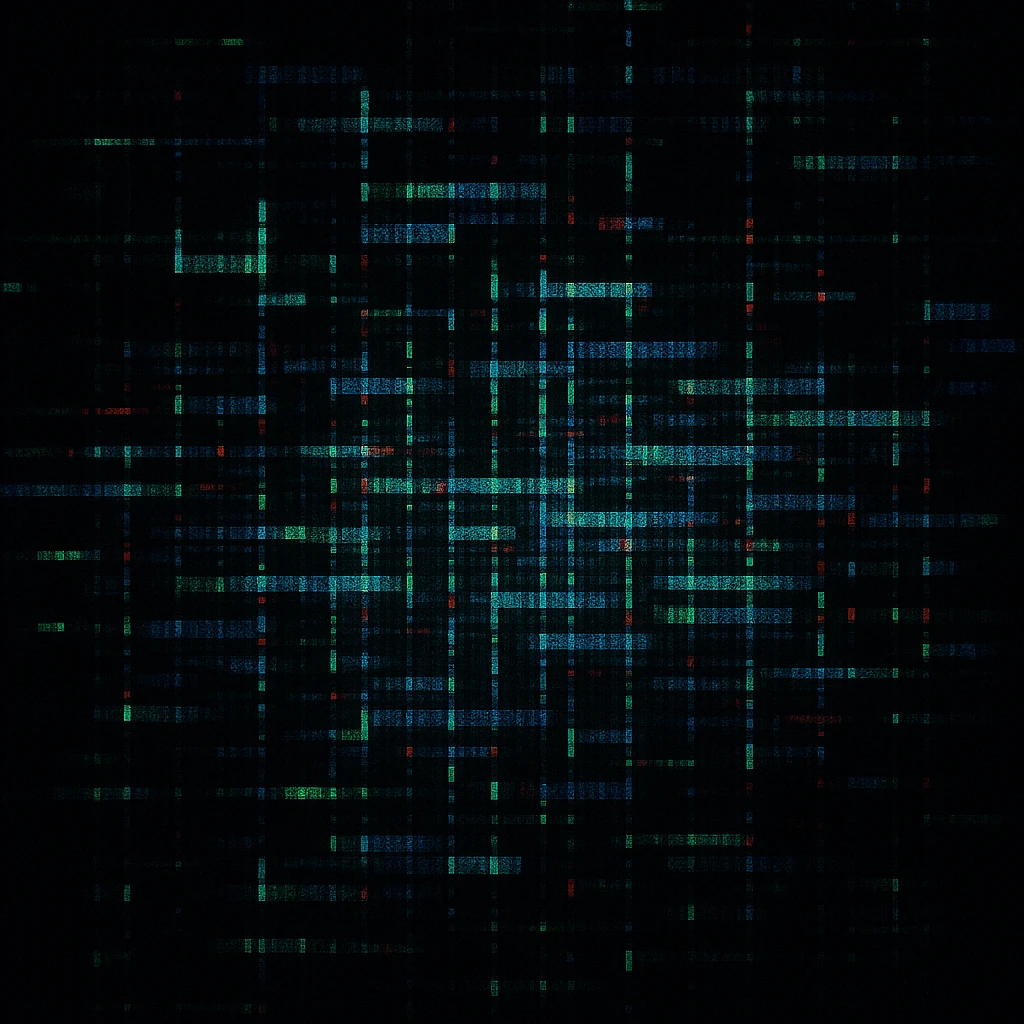
Could the universe be built from code instead of matter? Some scientists and theorists think it's possible. The idea is that space, time, energy, and even consciousness might all emerge from information-the same way digital worlds arise from ones and zeroes.
Physicists have found strange signs that hint at a computational foundation. The speed of light may act as a system limit, like a processor ceiling. Quantum events seem to resolve only when observed, as if conserving resources until needed. Some researchers have even searched for pixelation or lattice patterns in cosmic radiation-possible artifacts of a simulated grid.
The simulation hypothesis also ties into digital physics, which treats the universe like a giant information processor. If everything we interact with boils down to quantized data, the line between natural law and coded instruction begins to blur. Reality might just be a highly complex output running on unknown hardware.
Still, these ideas remain speculative. There's no direct evidence of a simulation-only philosophical arguments and curious patterns in physics. But the fact that major thinkers are taking it seriously suggests the question is no longer purely hypothetical. It may one day be testable.
Nick Bostrom's simulation argument posits that one of these must be true: civilizations never reach high computing power; advanced civilizations choose not to run ancestor simulations; or we are almost certainly living in a simulation. Digital physics explores whether spacetime and matter emerge from informational bits.
Possible Consequences
Glitches in the code: If reality is simulated, then occasional anomalies might be evidence of its artificial nature. These could show up as impossible coincidences, repeating patterns, or unexplained events-glitches that suggest underlying code is struggling to keep up. Some even argue that deja vu or strange quantum behaviors are hints of a system correcting itself in real time.
Limited resources: The known universe behaves as if governed by hard rules-constants that never change, limits that never break. If our world is computed, those limits might be signs of resource management. The speed of light, Planck units, or the fine-tuning of cosmic forces may reflect design constraints within a simulation, not properties of a base reality.
Discovering the architects: If we ever prove we are inside a simulation, the next question is who built it-and why. Are they advanced aliens? Future humans? An artificial intelligence running scenarios? Contact might never happen, or it might come suddenly-like a program gaining awareness of its user. Escaping the simulation, if possible, could expose us to a higher-dimensional world beyond comprehension.
Ethical questions: If we are simulated, do we matter less-or more? What responsibilities do our creators have? And if we ever build our own simulations with conscious beings inside them, are we morally responsible for their suffering and happiness? The simulation hypothesis forces us to reconsider what it means to be real, and whether consciousness deserves protection regardless of its origin.
In Pop Culture
The idea that reality might be a simulation has captured the imagination of filmmakers, writers, and game designers for decades. It's often portrayed as a dramatic awakening-where a character discovers that everything they knew about the world is false, and that they are part of a digital or artificial construct.
One of the most iconic examples is The Matrix, where humans live inside a virtual illusion created by machines. Other works like Tron, Dark City, and Inception play with the boundaries between perceived reality and hidden systems. Novels like Snow Crash and Neuromancer helped shape the cyberpunk genre with themes of digital identity and artificial experience.
Even comedies and animated shows have tackled the idea. Episodes of Rick and Morty and Black Mirror feature characters trapped in fake realities or running simulations within simulations. These stories raise questions about memory, control, and whether awareness alone is enough to make something real.
Video games and virtual reality have added another layer. As technology becomes more immersive, the difference between simulation and reality becomes less clear. Some developers now build entire open worlds where players can live, build, and interact as if inside a functioning microcosm -- a digital echo of the real world.
Expert Take

"If the universe is digital, space and time might be quantized like pixels," says Dr Alan Guth, cosmologist and pioneer of inflation theory. "Research in quantum gravity hints that spacetime has a smallest possible unit, suggesting a discrete structure."
Dr Guth explains that while this does not prove we are in a simulation, it raises fascinating possibilities. "In a simulated world, there would be limits-smallest distances, fastest speeds, maximum data transfer. Some of the constants we take for granted may be signs of a digital foundation, not natural law."
He adds that the implications go beyond physics. "If reality is computed, then everything we know-from galaxies to human thoughts-might be running on code. We may someday find evidence in the form of information limits, symmetry breaks, or unexpected patterns in cosmic background radiation."
Skygaze Twist
What if we can learn to manipulate the simulation from inside? Advanced AI or meditative states might give clues to alter the code and shape reality itself.





